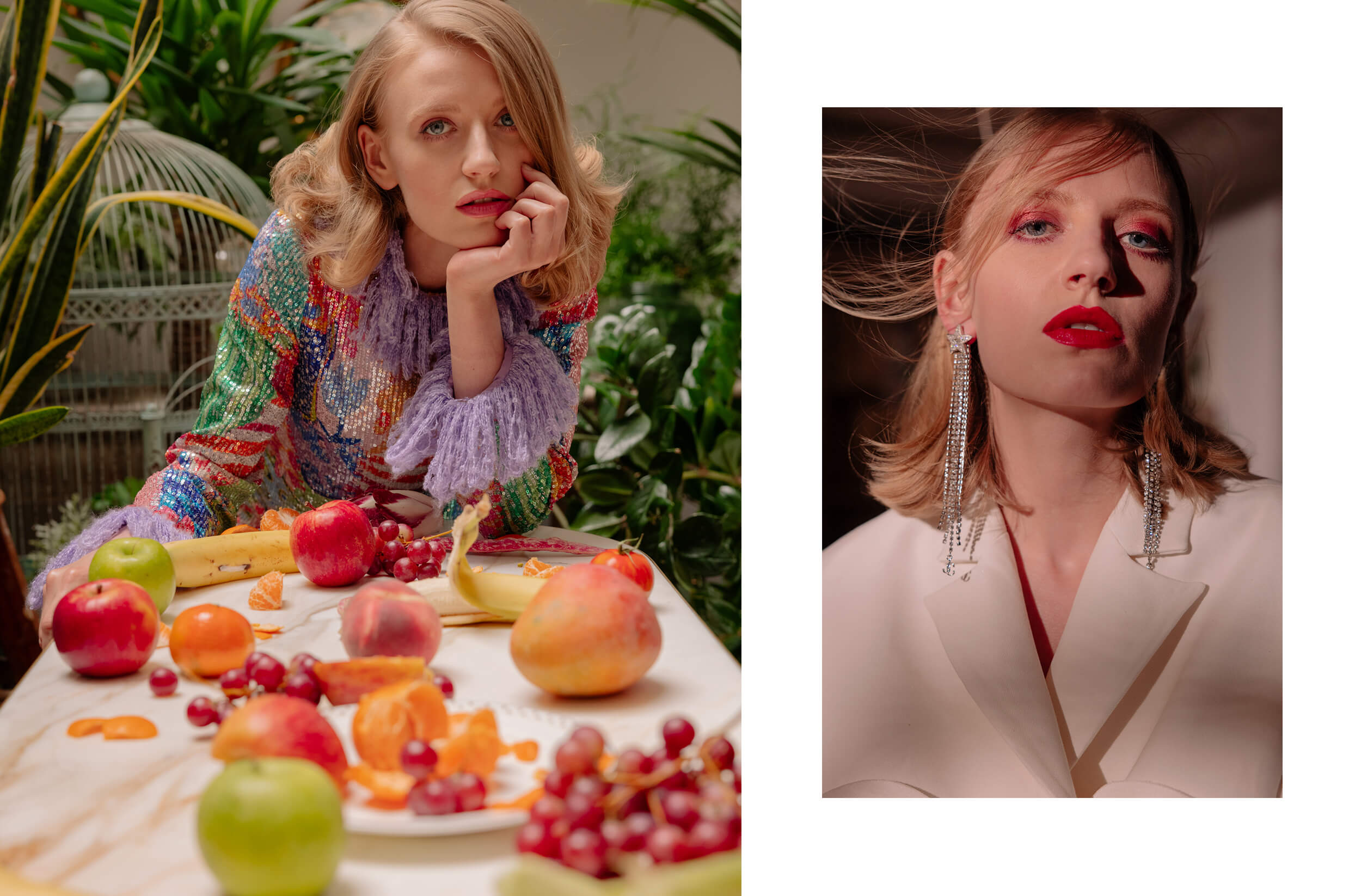Starring in the namesake movie adaptation of Kit de Wall’s best-selling novel “My Name Is Leon” (available on BBC and Hulu) and in the new stage adaptation of Harper Lee’s “To Kill A Mockingbird”, Poppy Lee Friar is an actress capable of unique emotional connection with her characters and the stories she’s delving into from time to time.
In the drama “My Name is Leon”, she’s faced and brilliantly overcome the challenge of playing a painkiller-addicted but good and loving mother in a very difficult family context: Poppy told us about her experience on the set and the unique interpretative nuances she added to her scripted and literary character.
In the play “To Kill a Mockingbird” as reimagined by Aaron Sorkin, she moves on stage guided by the voice of her Mayella Ewell, constantly inspired by the audience’s reactions and after-show greetings: Poppy chatted with us about the importance of art in a post-lockdown reality, and people’s need for tangible experiences in a technology-obsessed world.
Letting emotions prevail over instincts and seconding her natural tendency to always try and give her best, Poppy dreams of an industry where opportunities are truly open and where she, perhaps, gets to time travel and act in another language!
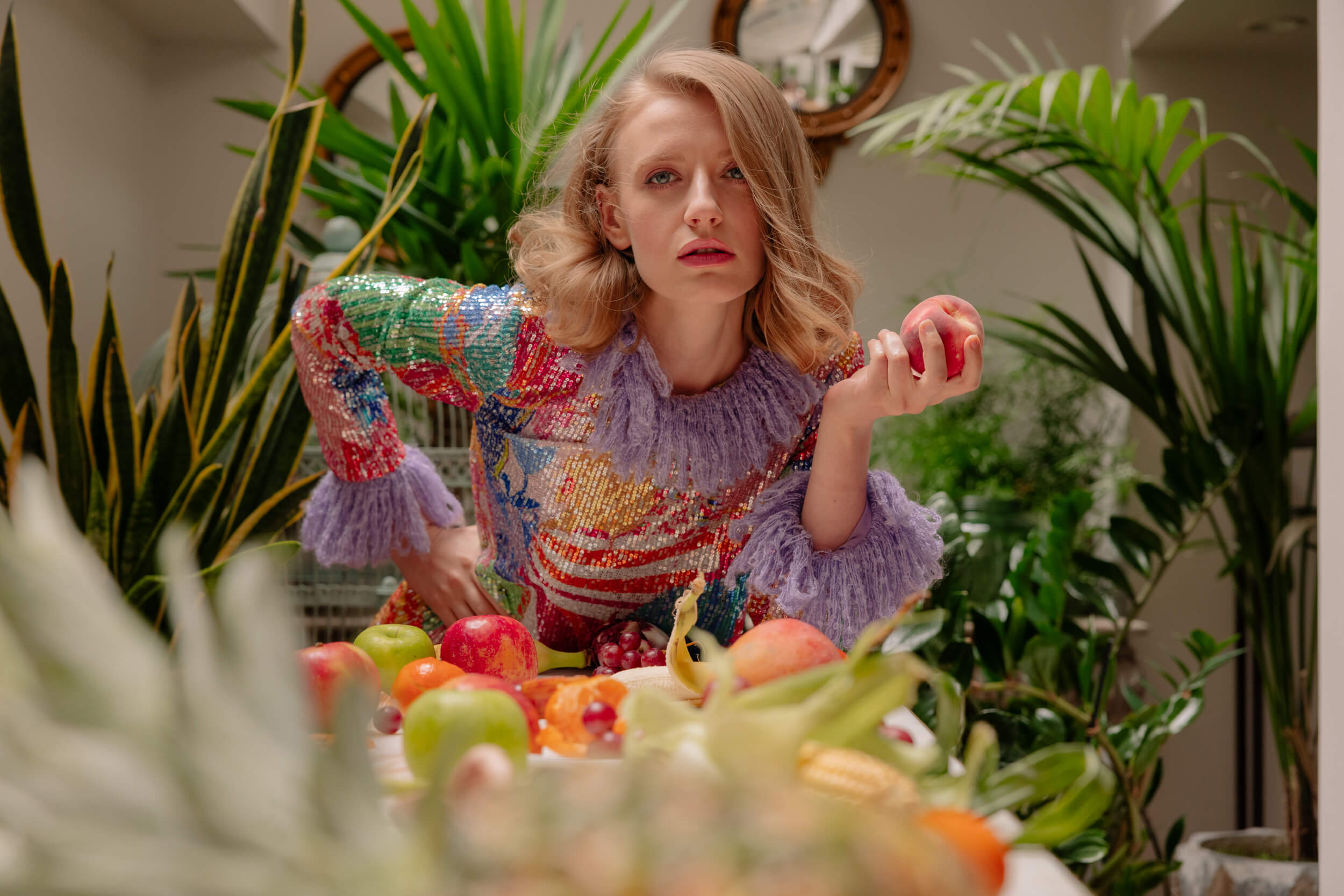
What’s your first cinema memory?
I have fond memories of many films growing up, like “Grease” and “The Princess Bride”, but I think my early cinema memories are from seeing the Harry Potter movies.
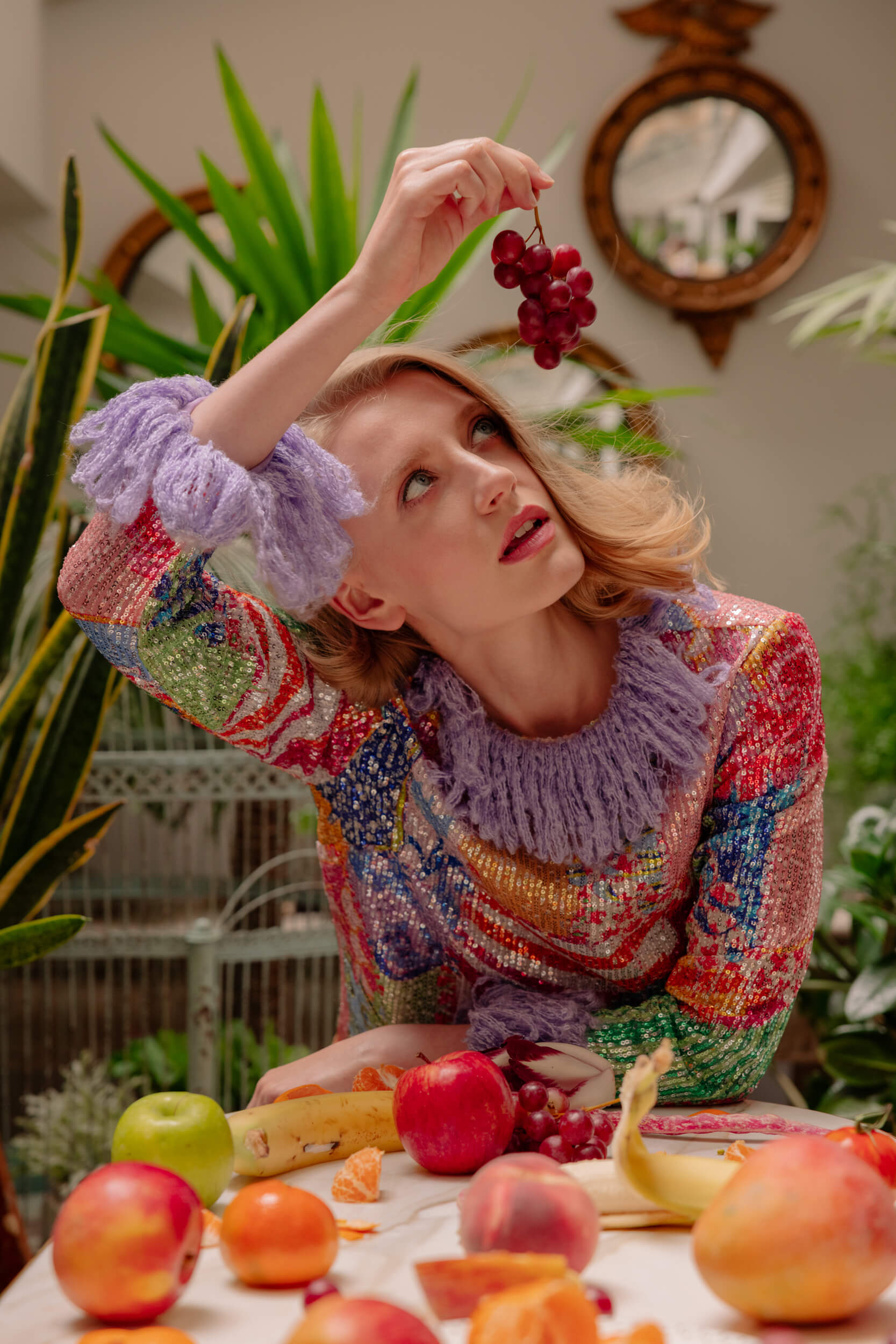
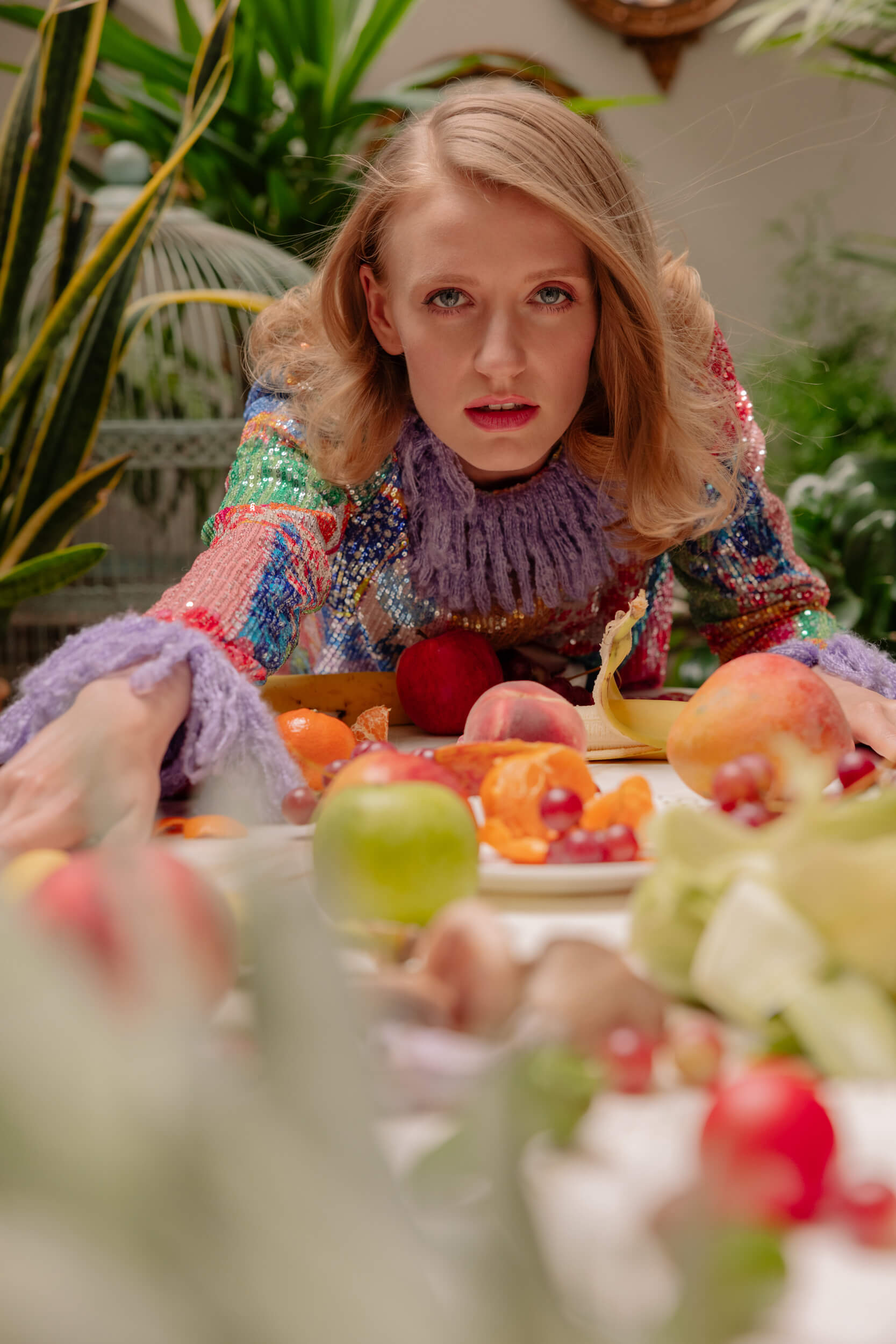
You are part of the stellar cast of “My Name Is Leon”, the BBC/Hulu movie adaptation of Kit de Waal’s best-selling novel: what was your first reaction when you read the script, and the first question you asked the director and yourself about it?
I was incredibly moved by the script and later the book. I cried for Jake and for Carol because of their unfortunate predicament and their innocence. I wanted to know the director’s approach and express my passion for the project and the characters. I wanted Carol to feel real and investigate what led her to such a difficult place in life. Together, Lynette Linton and I agreed that she was fundamentally a good mum that loves her two boys more than anything but she has been let down by the system.
Not being a mother myself, I questioned how I would approach the role authentically, but I knew that my emotional connection and understanding would be strong enough.
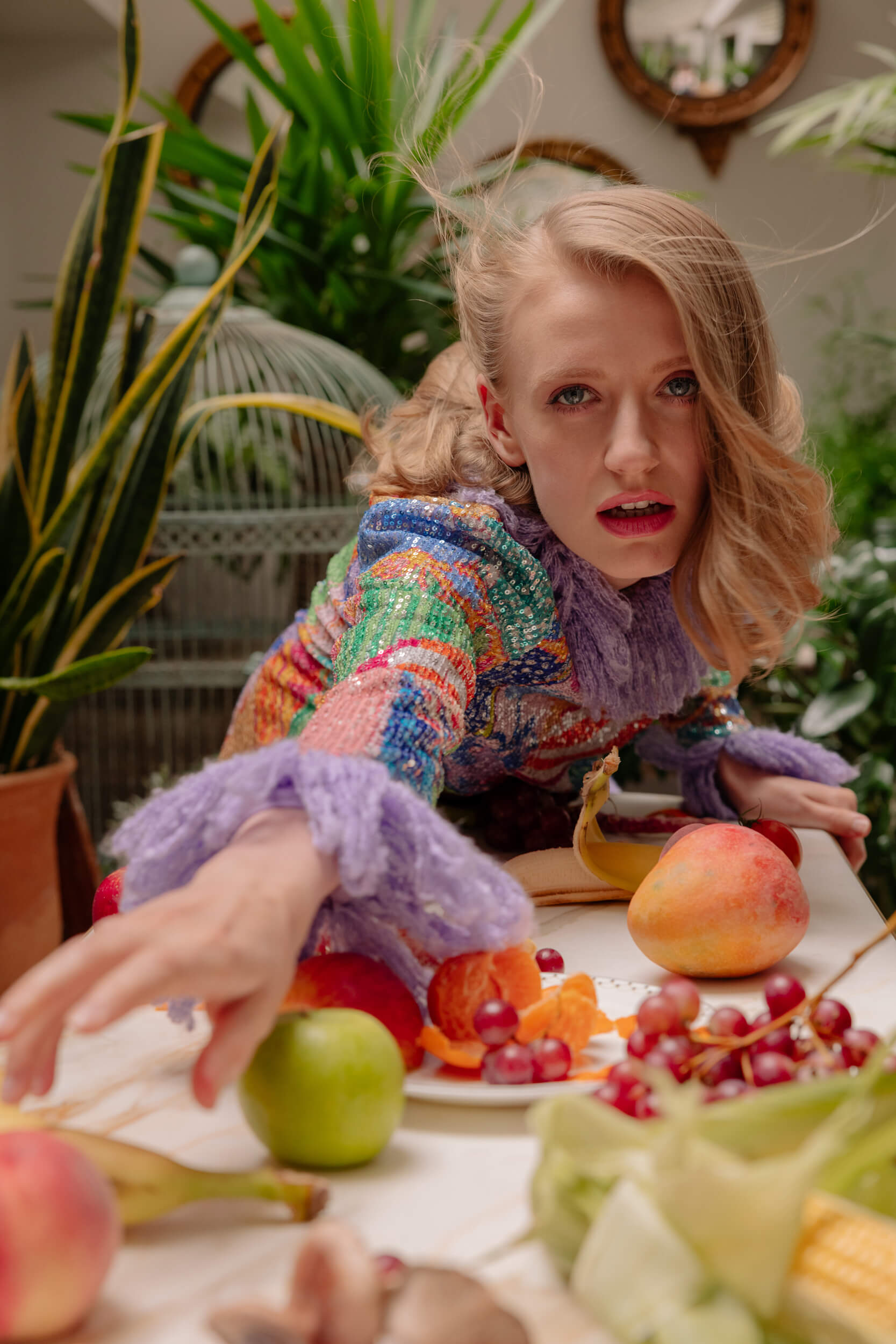
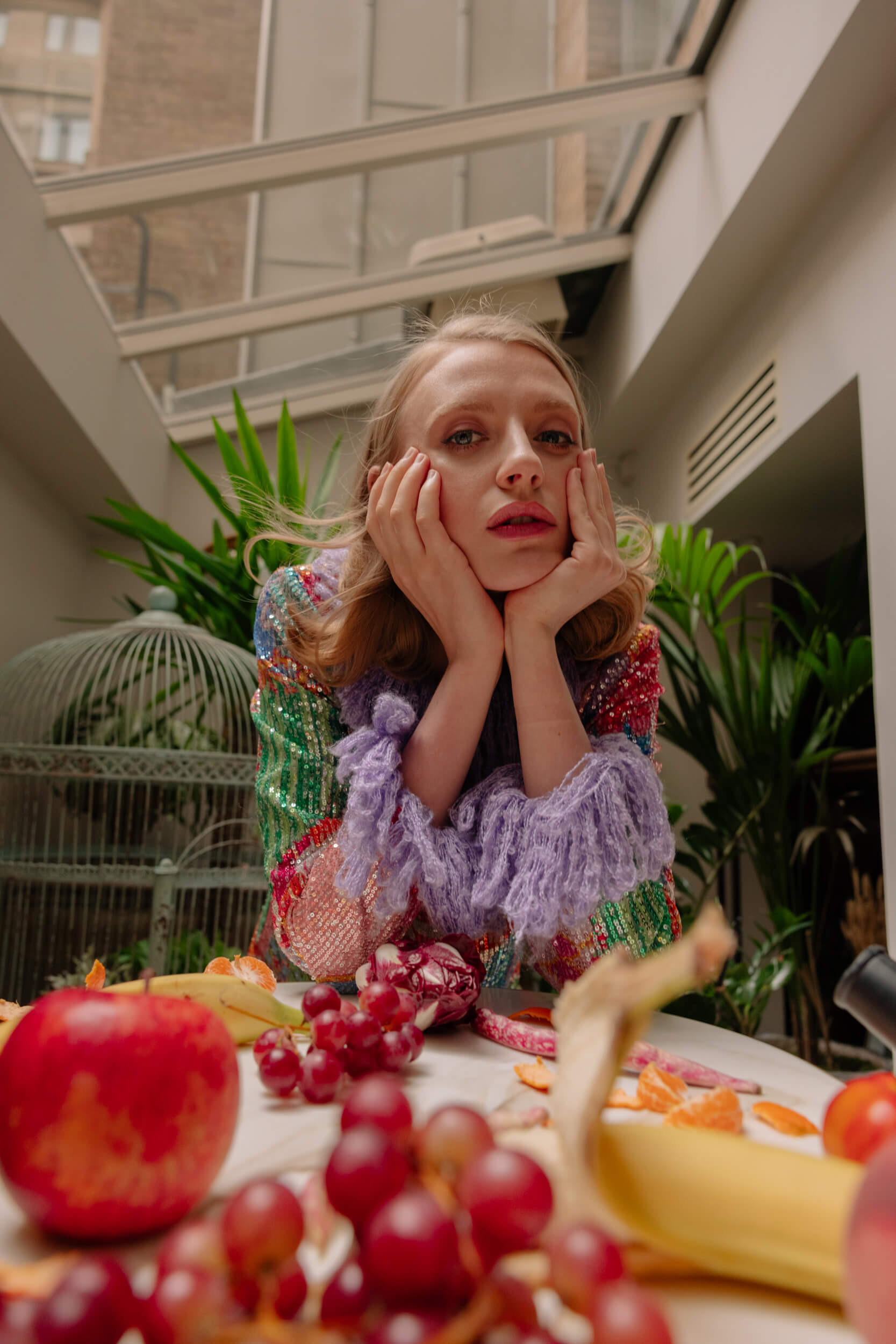
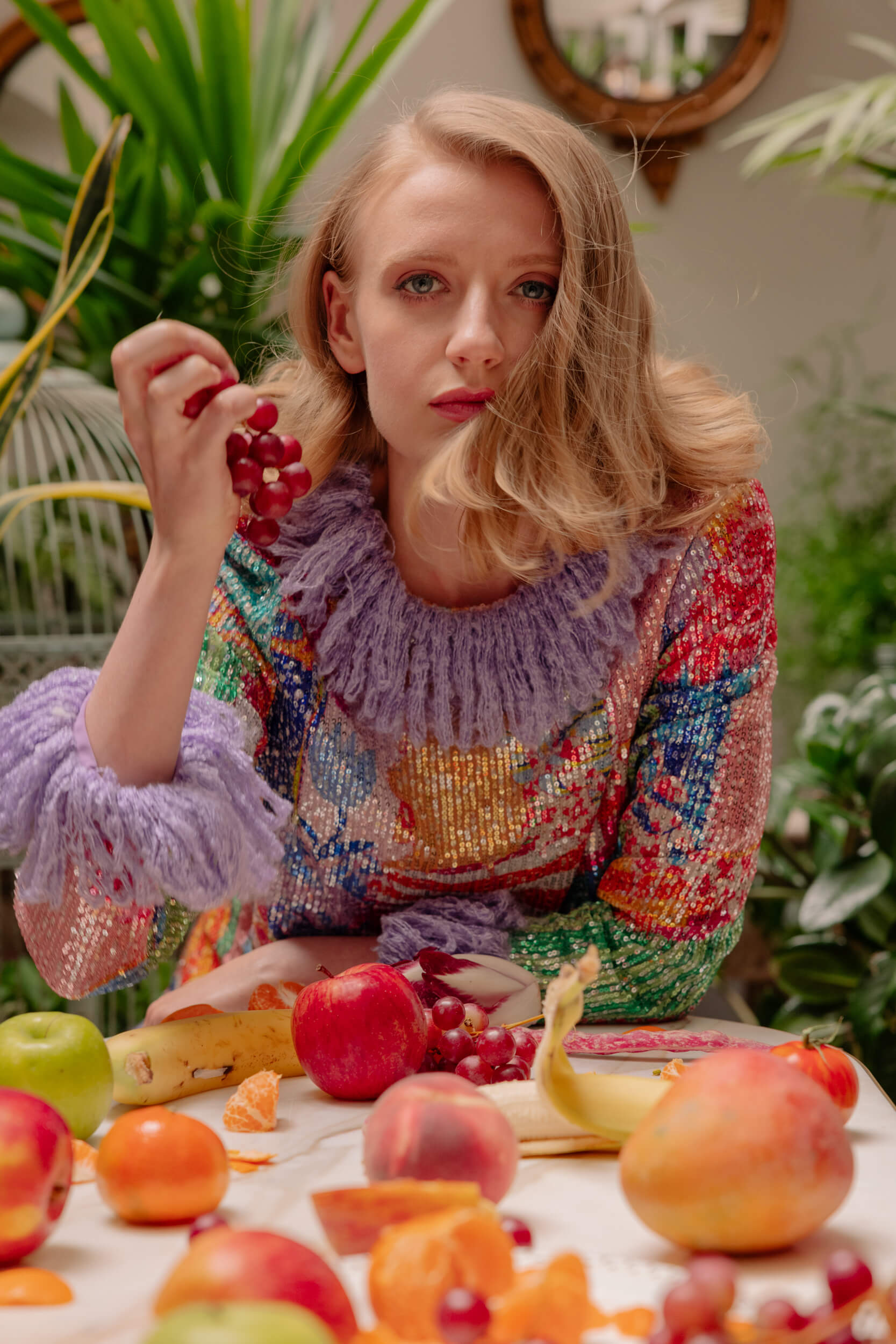
The story focuses on a nine-year-old mixed-race boy who fights to reunite his family after being taken into care and separated from his baby brother, Jake; in this picture, you play the uncomfortable role of Leon and Jake’s depressed, painkiller-addicted mother Carol. What were the main challenges of playing this part and how did you overcome them?
Carol’s poor health and depression were a challenge to embody and I spoke with psychologists that helped paint of picture of what someone like Carol would have been experiencing. Not only that, I had to investigate how post-natal depression would have been viewed in the 80s alongside having a child of mixed race. These questions helped me see how difficult her life would have been and the courage she would have needed to face each day.
The illness and social judgment would have been much less understood and cruel, then, than perhaps today. Knowing this context informed my thought processes for Carol.
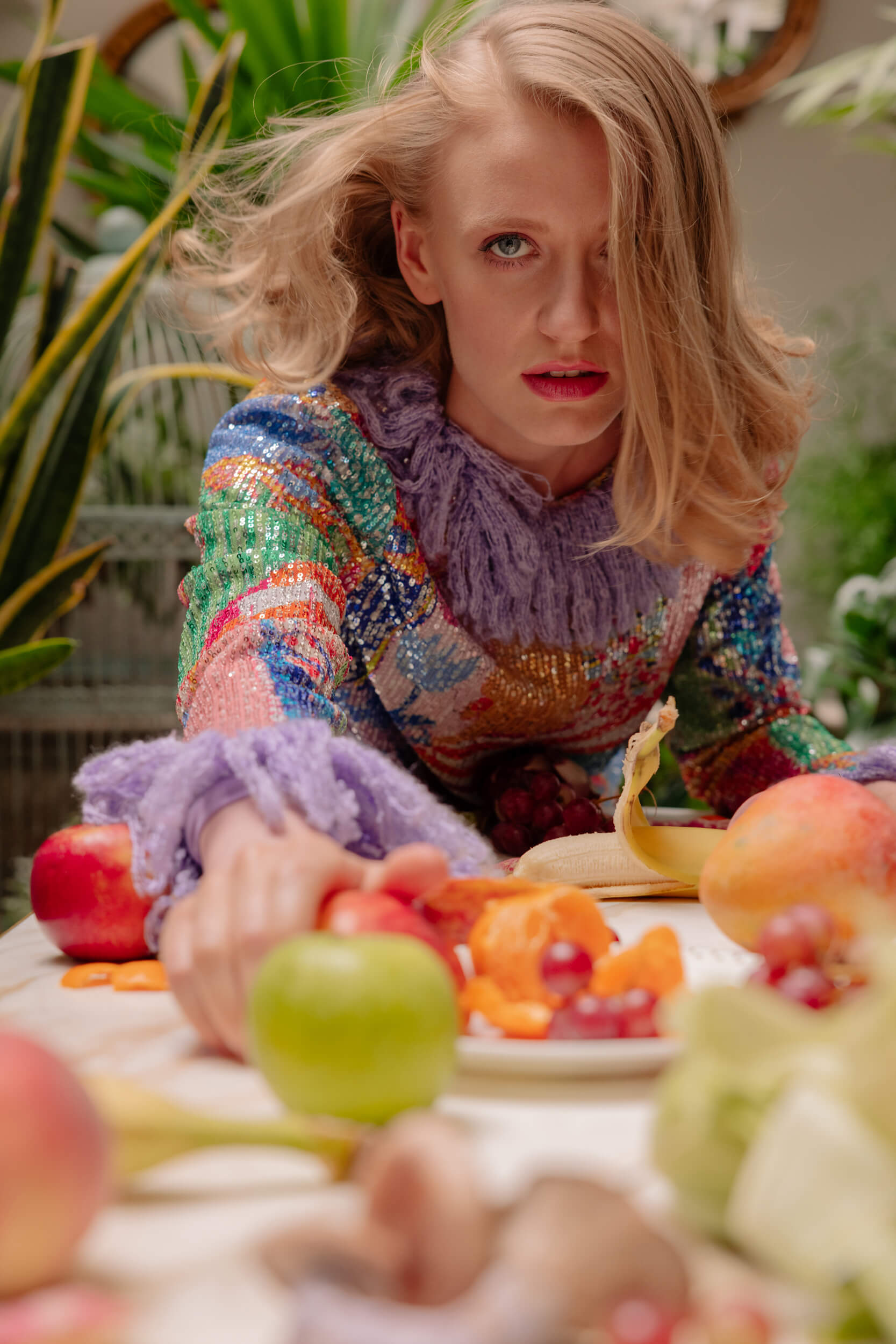
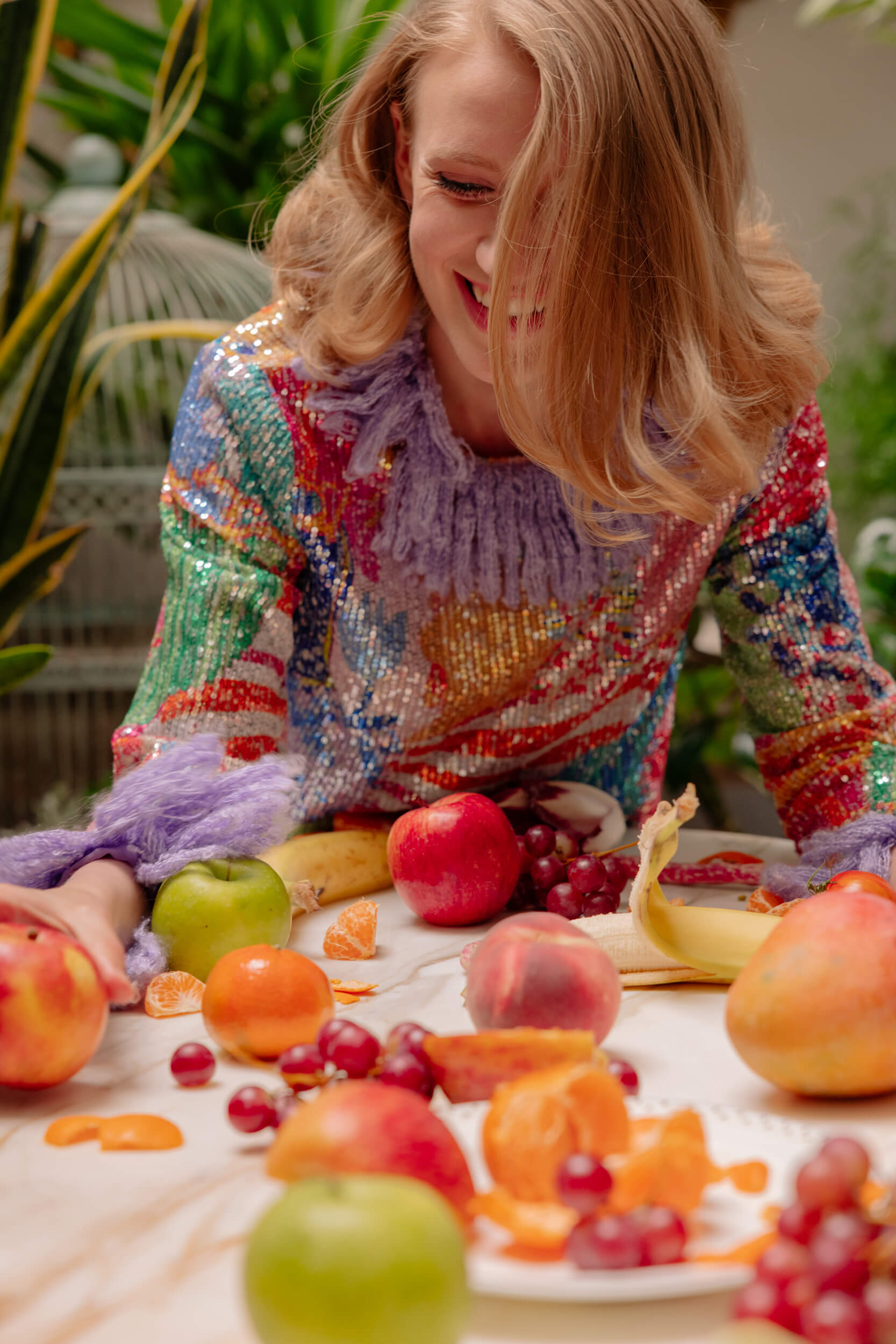
What was your preparation process for this character like? Did you rely on the novel or chose to give your character nuances of your own?
As with many projects, the novel and script are separate entities, so although I was completely enamored with the book, I knew that Carol would be slightly different in the film and I, too, would find things that would be unique to my interpretation.
I worked with our director Lynette discussing Carol’s background, some of which was evident from the novel and her emotional status at different points in the film as well as talking with a medical professional to ensure I knew how her health would affect her daily movements.
“I knew that Carol would be slightly different in the film and I, too, would find things that would be unique to my interpretation.”
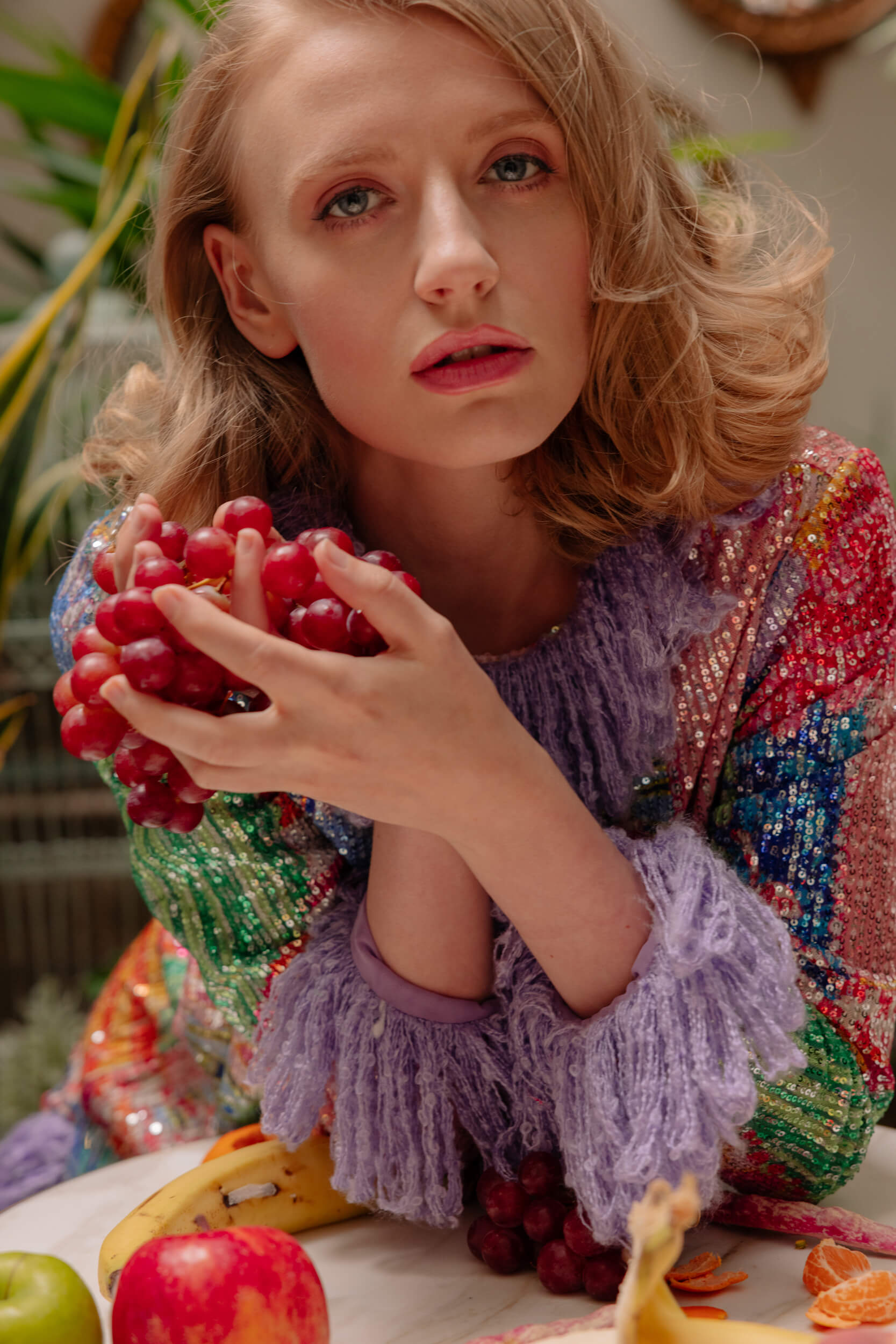
Did you discover anything new about yourself while playing Carol?
In the sense that I could relate to Carol’s nature of trying her best.
She doesn’t have much support which I am fortunate enough to say is not the case for me, but were anyone like Carol to need help and not receive it correctly (she needed a community to support her instead of being given lots of medication and ultimately having her children taken away from her), you can see how life could start to fall down a negative spiral, so I remember never to judge people.
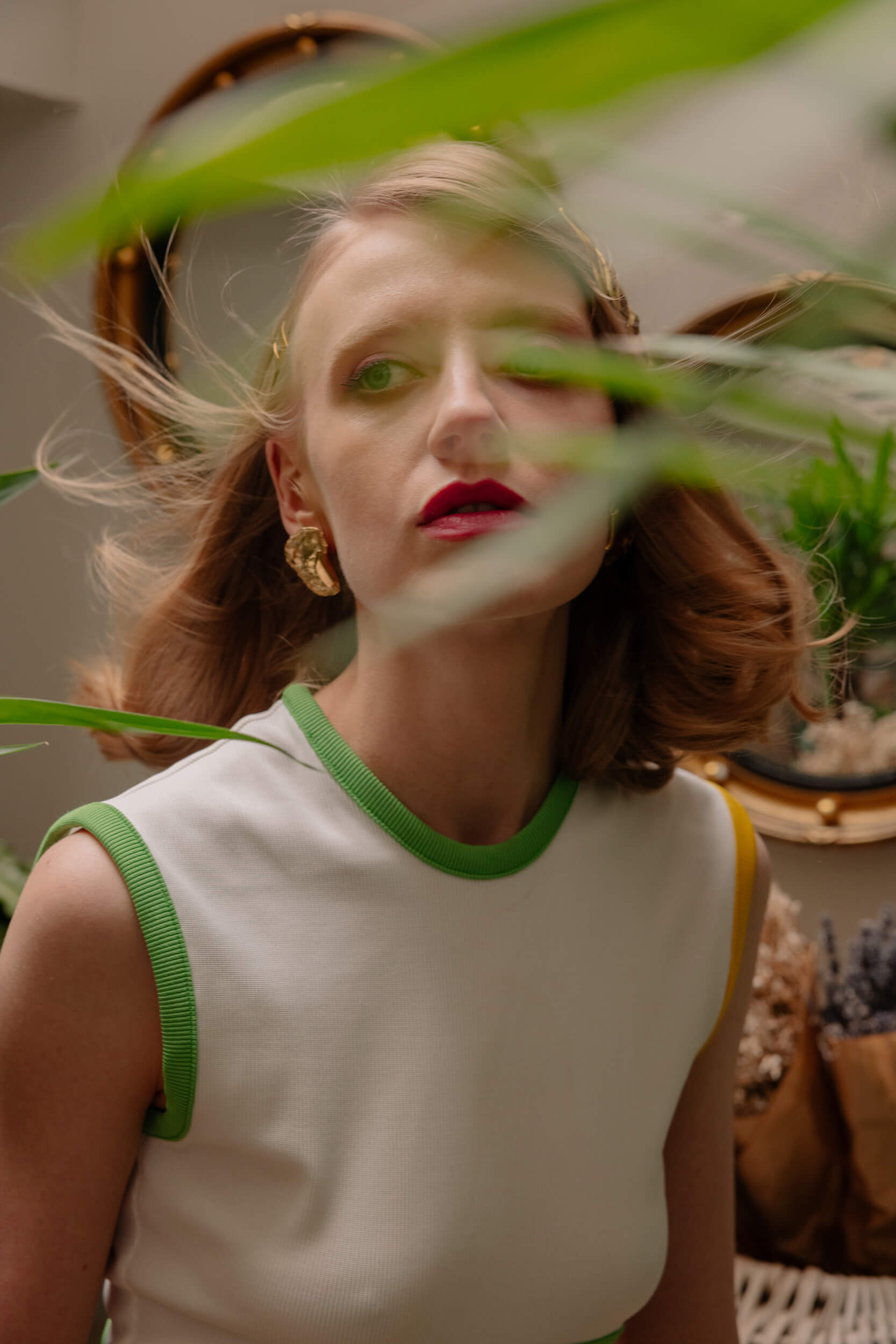
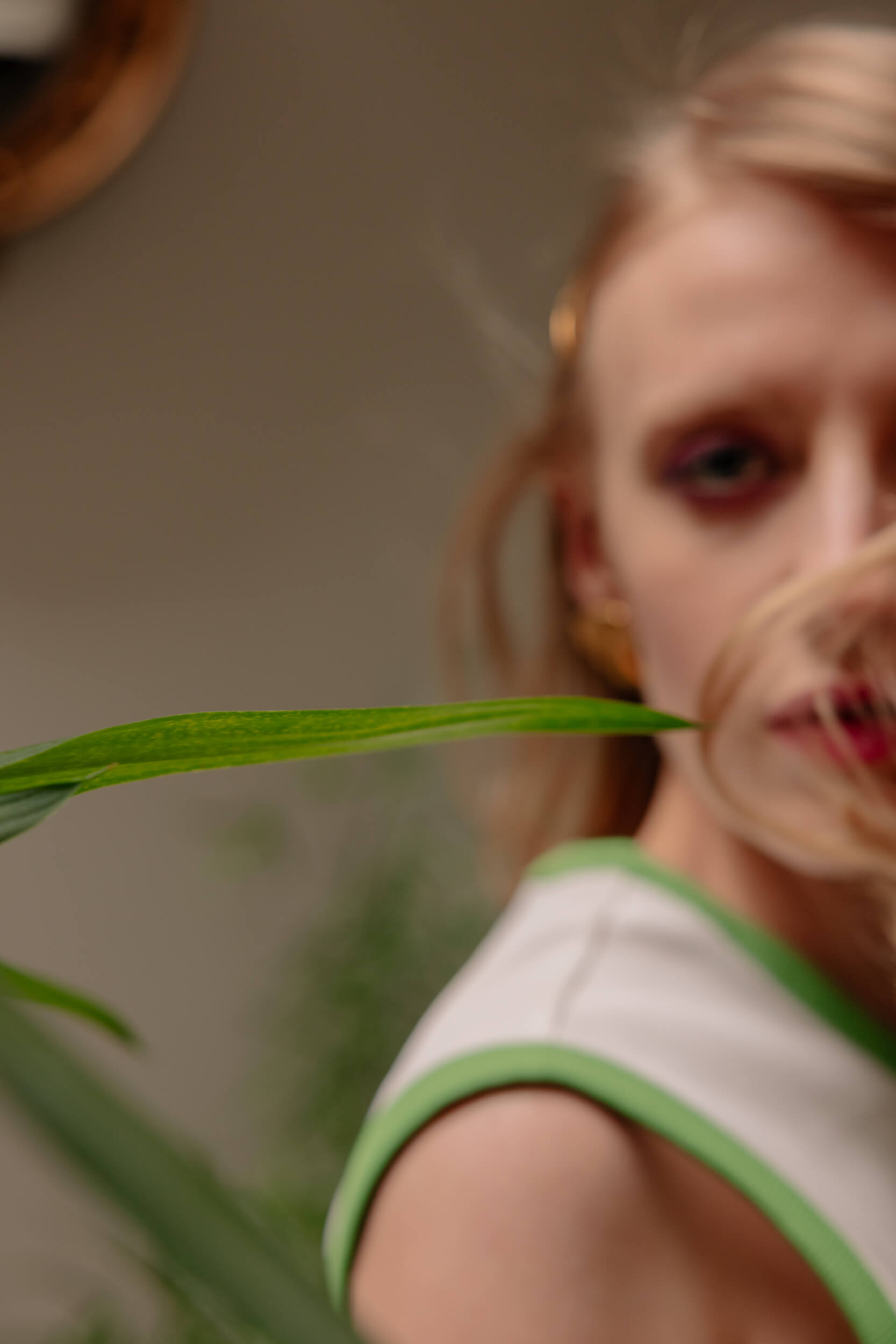
In your experience, what’s the best and the toughest aspect of jumping back to an era you don’t belong to for a movie?
The best parts are the style and the incomparable experience of emersion into that era that you would never have otherwise.
You briefly experience time travel!
The toughest aspect is ensuring that you understand, to an extent, what life would have been like culturally and politically at that time, but really there are only wonderful things about it and I love it.
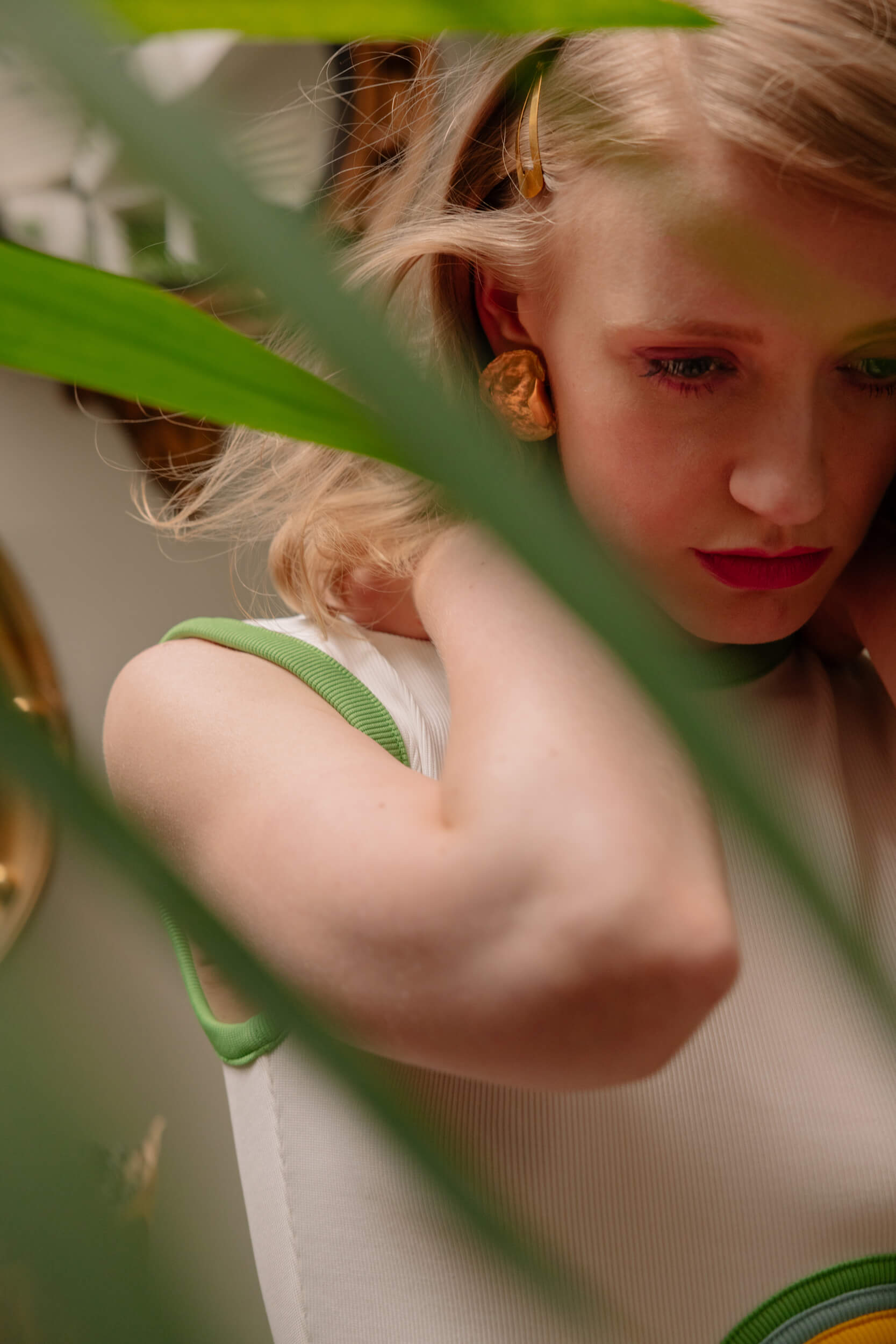
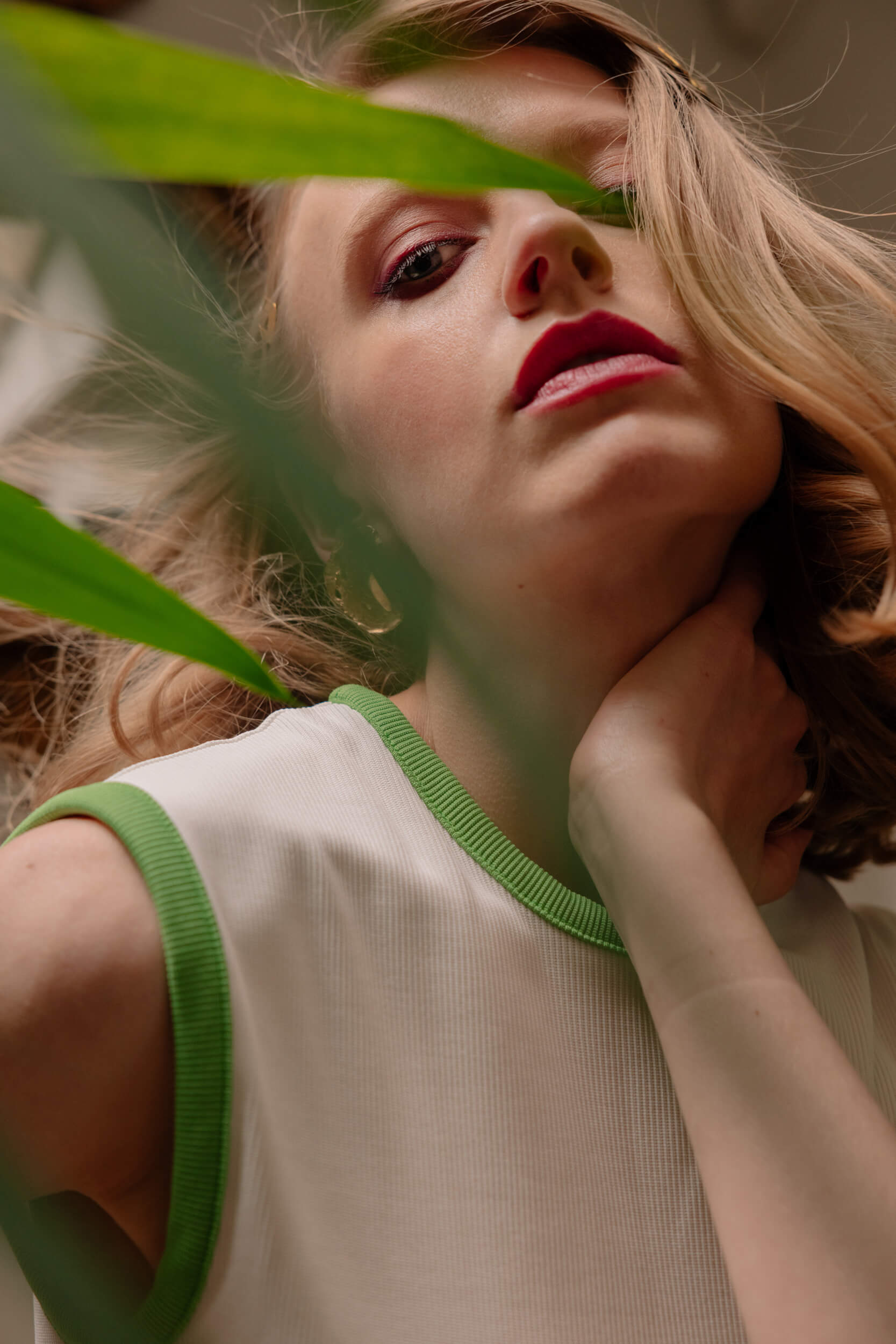
As an actress, when preparing for a role, are you more rational or emotional?
Both are required but I think I allow my emotions to dictate my instincts, from reading the script to when you’re on set. You have to emotionally connect with a story and character and then hopefully connect emotionally with your fellow actors in the moment.
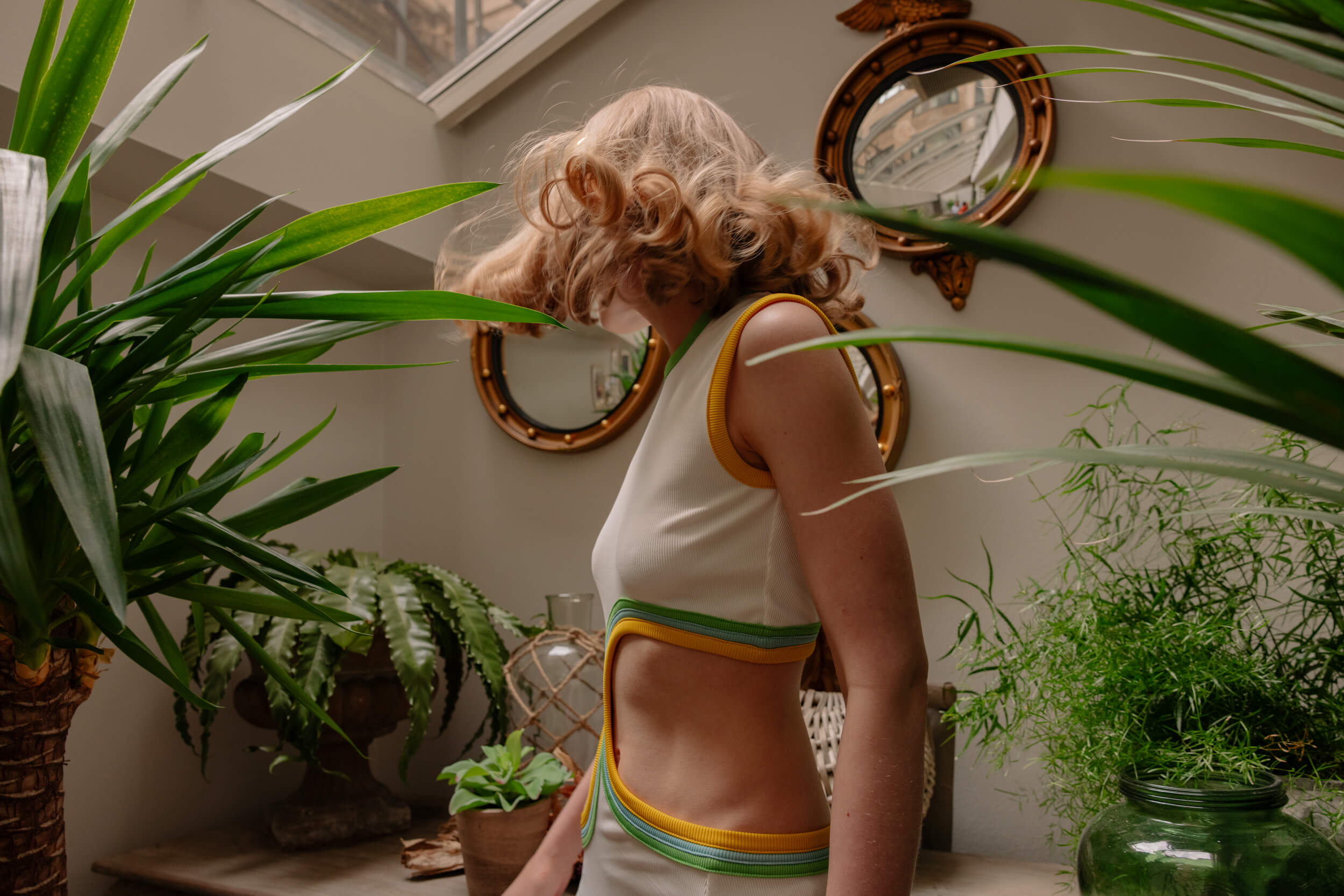
“I allow my emotions to dictate my instincts”
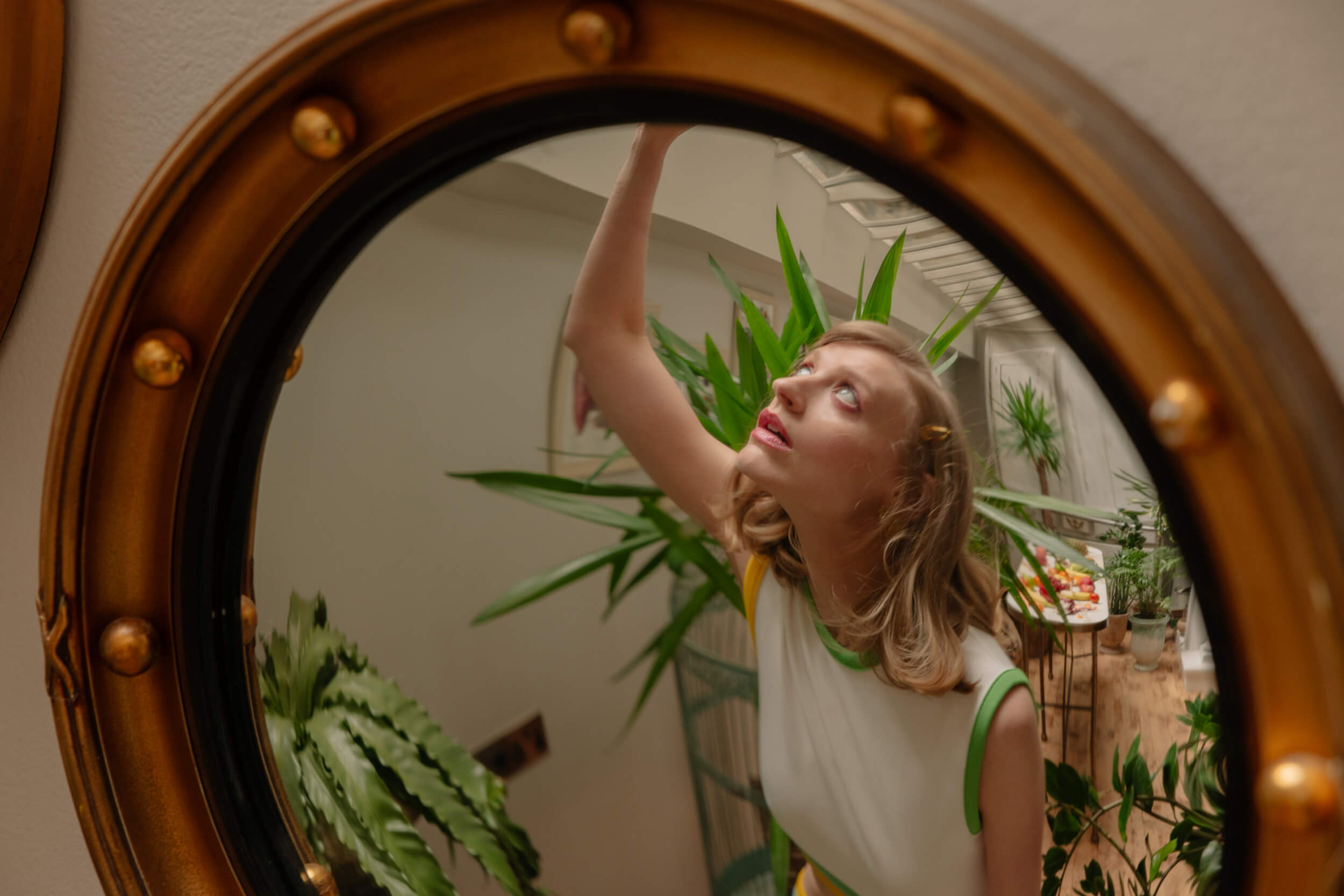
Are there any particular changes you’d like to see take place in the entertainment industry, according to your experience so far? How would you like to see this world develop?
I think it’s important to keep opportunities open for working-class people and people of all ethnicities. The industry is changing, which is a good thing, but I fear it sometimes it gets into box-ticking and therefore I think it needs to just keep an open mind more often.
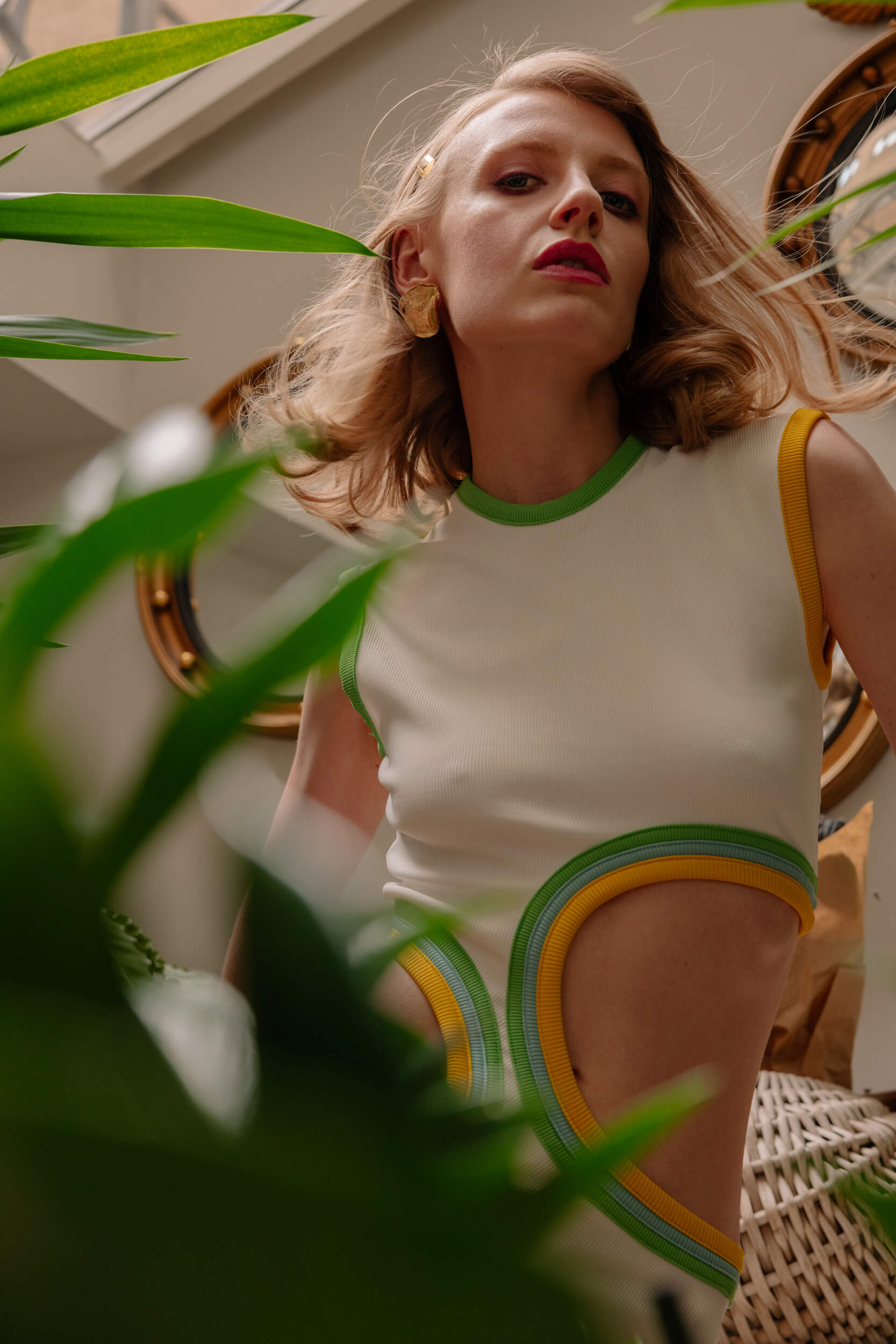
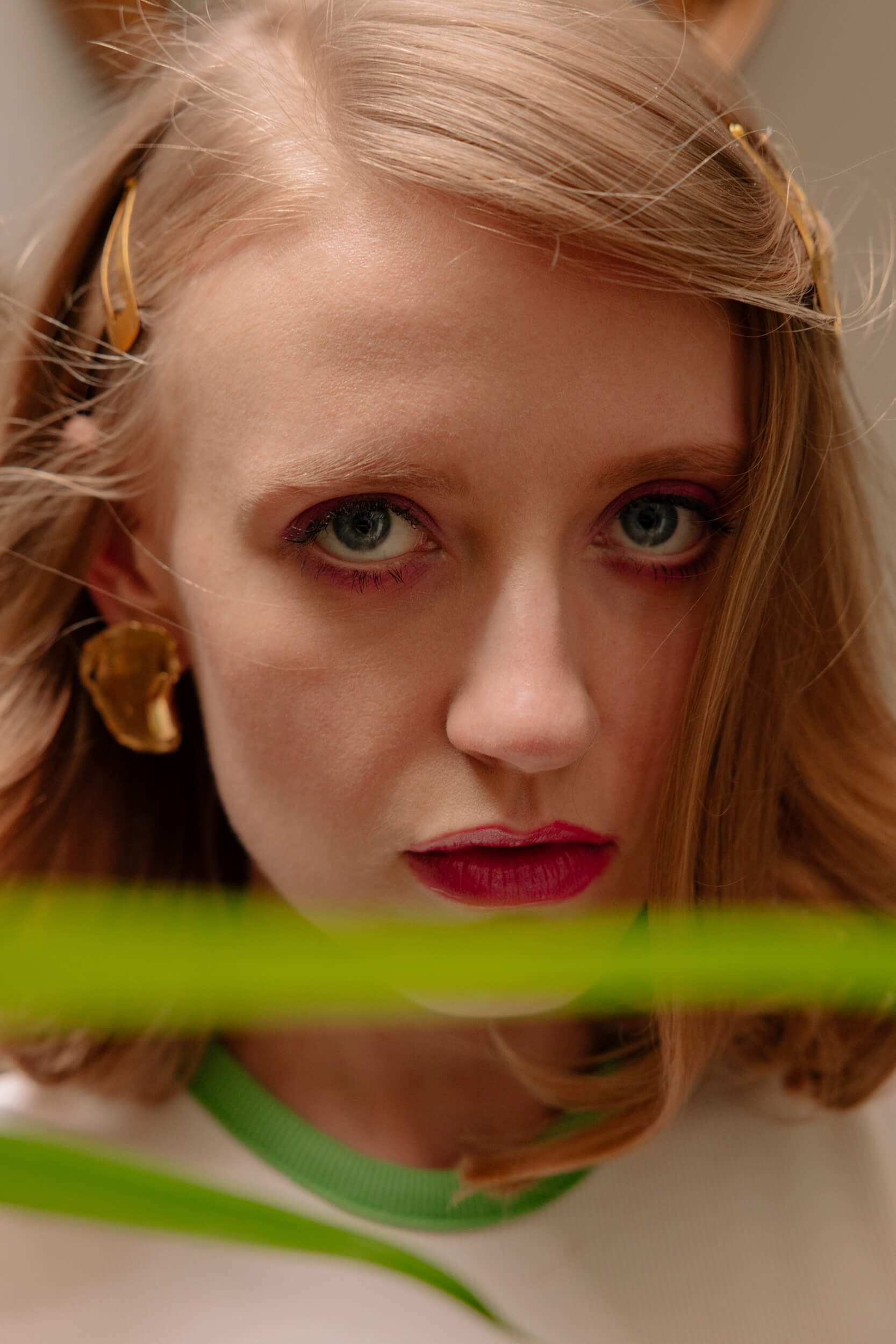
You’re currently starring as Mayella Ewell in the new stage adaptation of Harper Lee’s Pulitzer Prize-winning classic, “To Kill A Mockingbird”, with the script reimagined by Aaron Sorkin. How’s your experience with this production been so far? What are the most challenging and inspiring aspects of the process of giving life to the theatre adaptation of a literary cult?
I read and taped for it before Covid even happened and was terribly eager to be a part of it. Then, of course, we experienced the pandemic and I hoped the play would come back around and find me and it did.
I’m exceptionally lucky to be working and in the theatre after everything that has happened and this production is exceptional. The script moved me to tears and I immediately heard Mayella’s voice upon first reading. It has been incredibly challenging to carry the weight of her emotions and predicament each night but one of the most rewarding things I’ve ever done. It inspires me when audience members are moved to tears or congratulate us after a show. I think it continues to have the impact that Harper Lee’s novel has and that is an enormous achievement.
The auditorium is packed each night, which proves the power of the novel and the people involved in making the show.
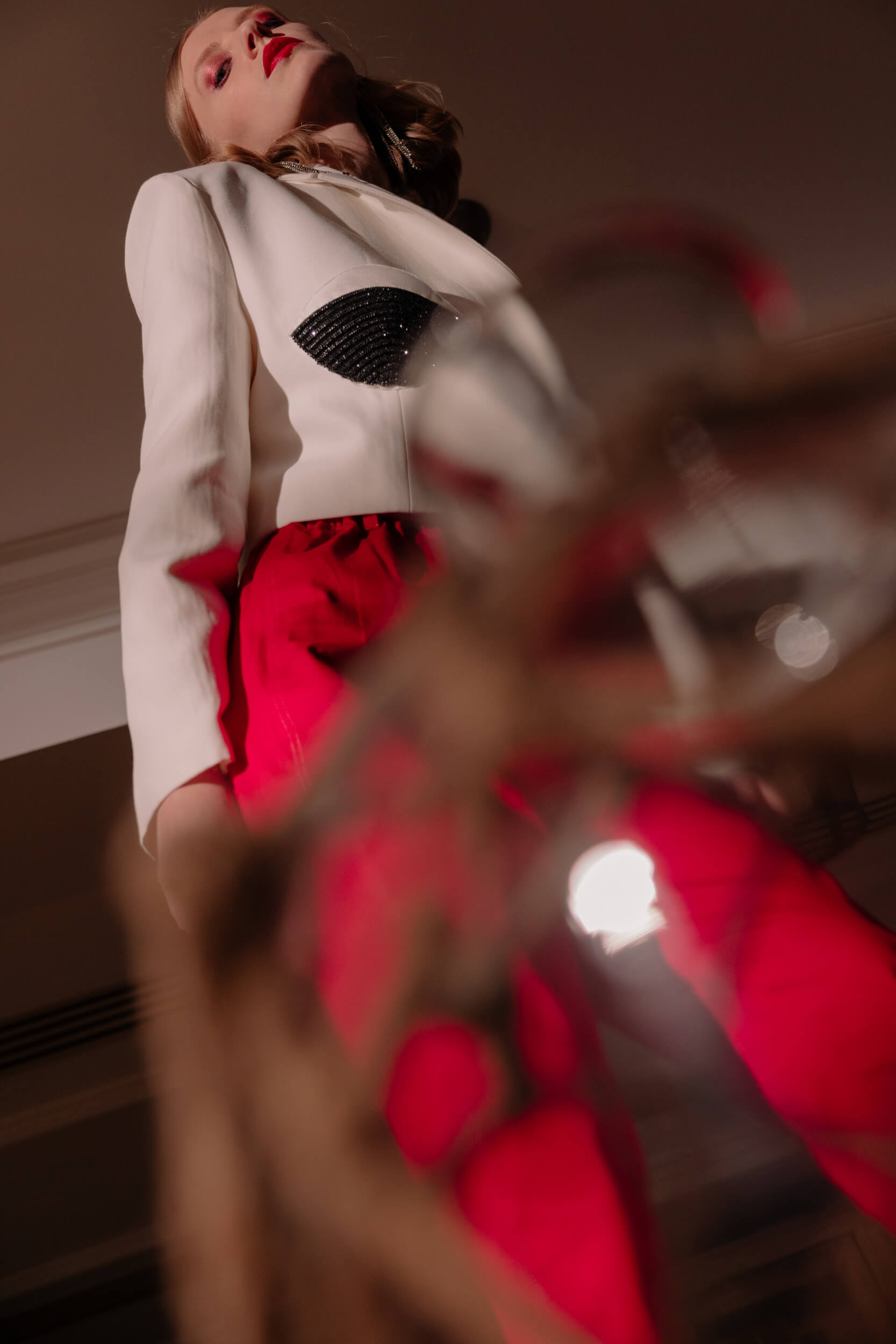
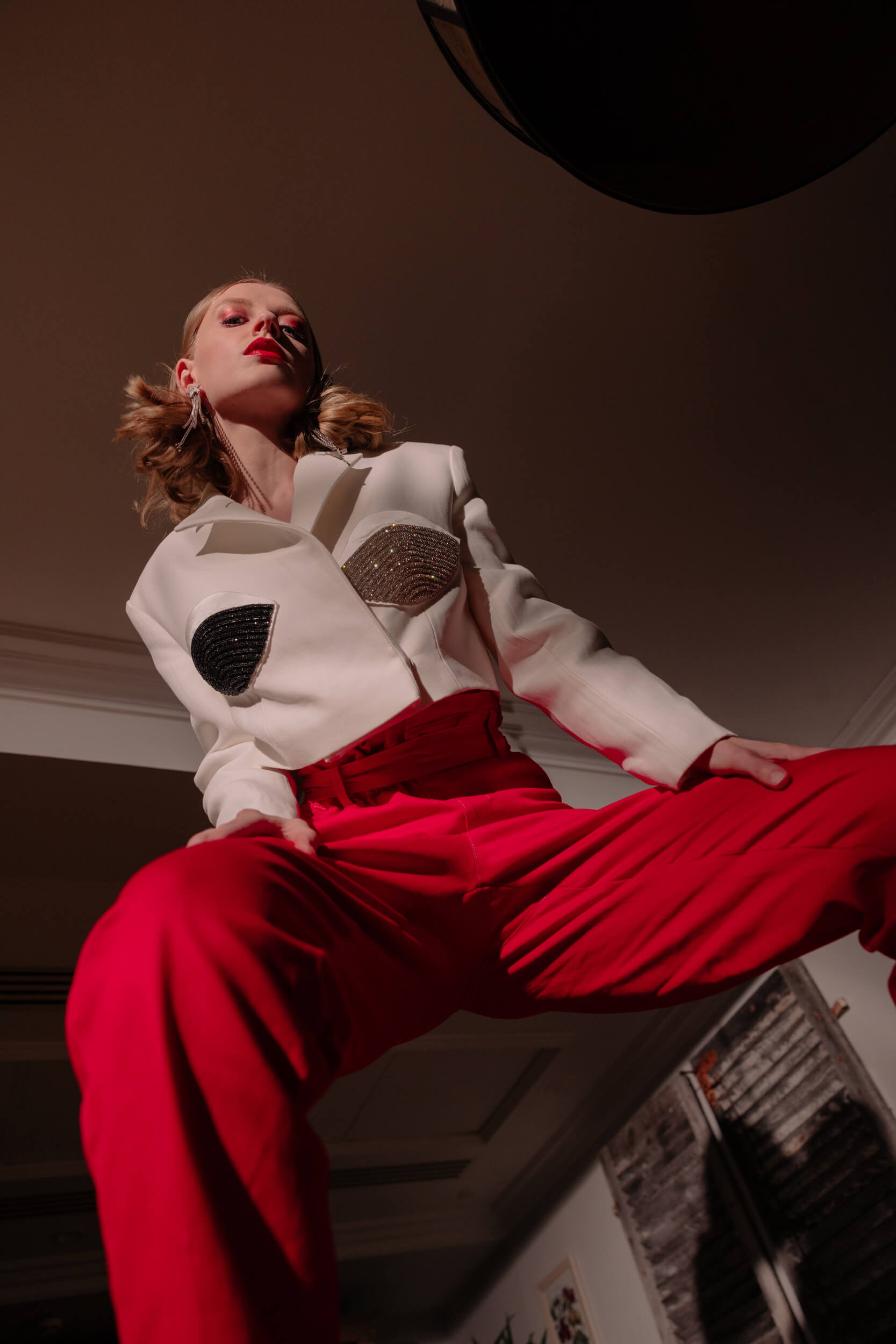
What’s the most relevant difference between being on stage and being on set for you?
I think the most relevant difference is the connection with the audience when you perform on stage that you don’t get to experience in the same way on set.
There’s immediate energy on stage and a focus that heightens the experience I feel. It’s a very human and organic experience that can’t compare to screen, and telling the whole story in one linear event is completely different from filming, when most scenes are filmed completely out of order. There’s a bond between us all in the company forged out of months of hard work and connections with our roles. I think people are enjoying reconnecting with art through a trip to the theatre or something tangible after lockdown and such a dependency on technology. It’s the way forward and it’s soul-nourishing.
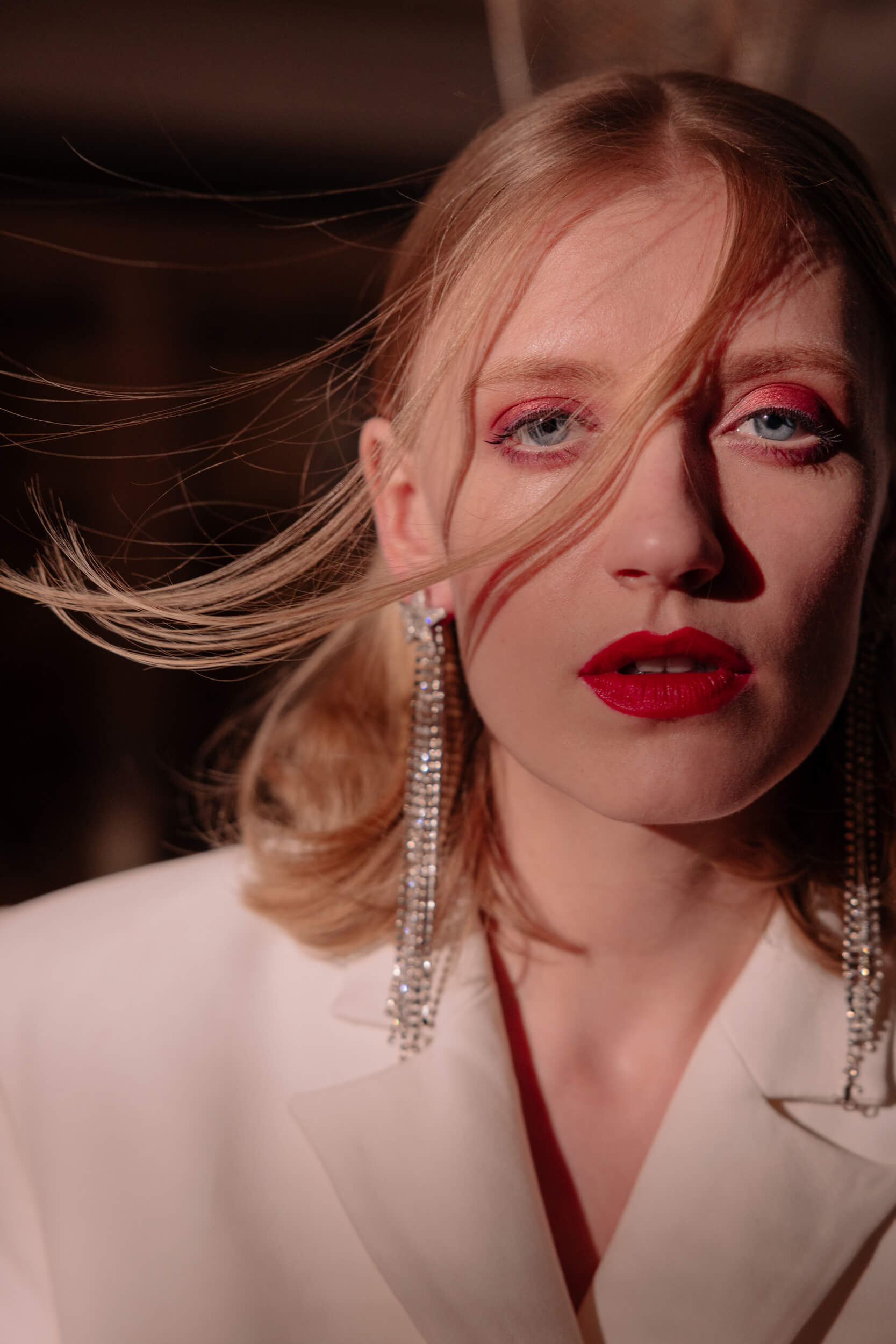
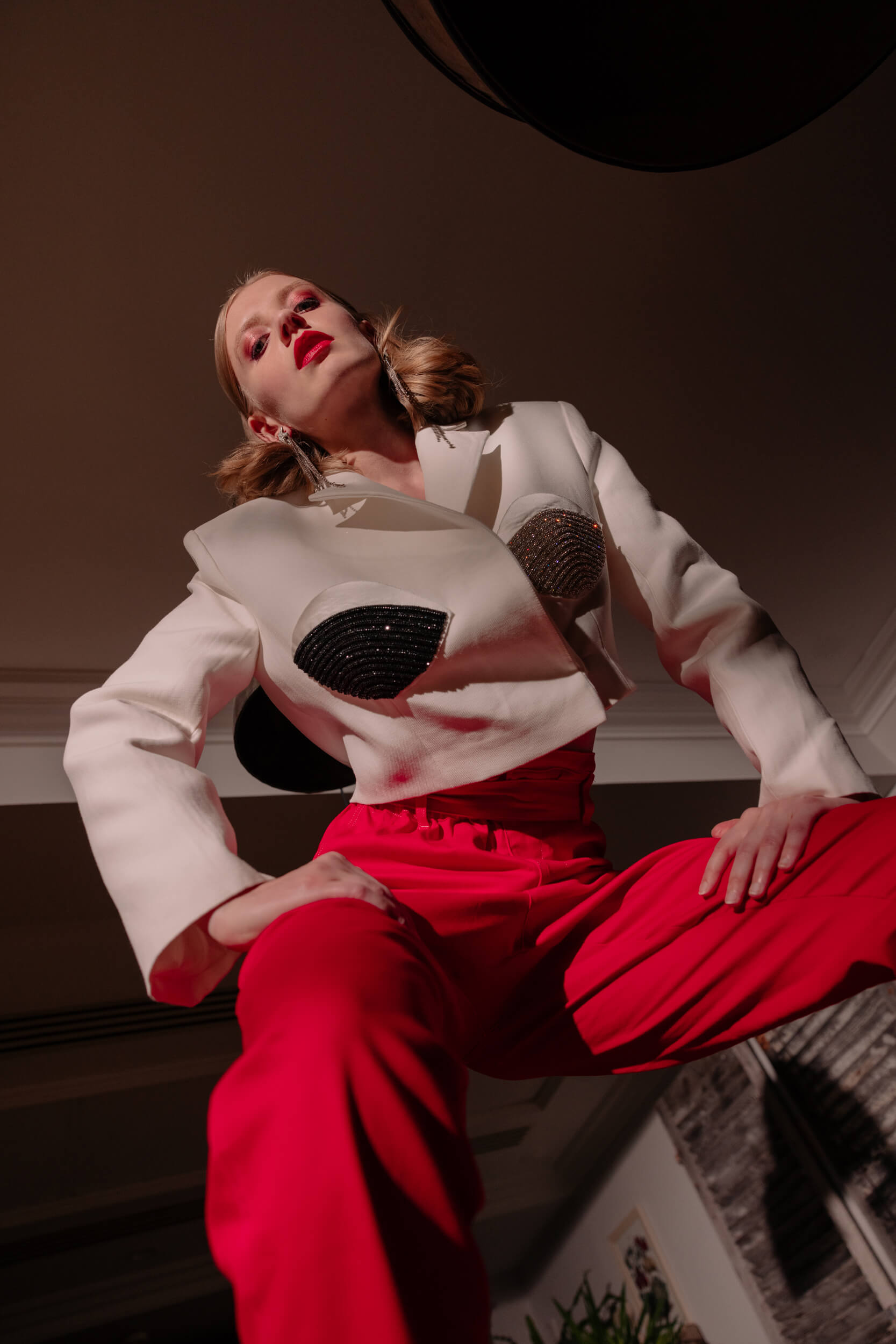
“There’s immediate energy on stage and a focus that heightens the experience I feel.”
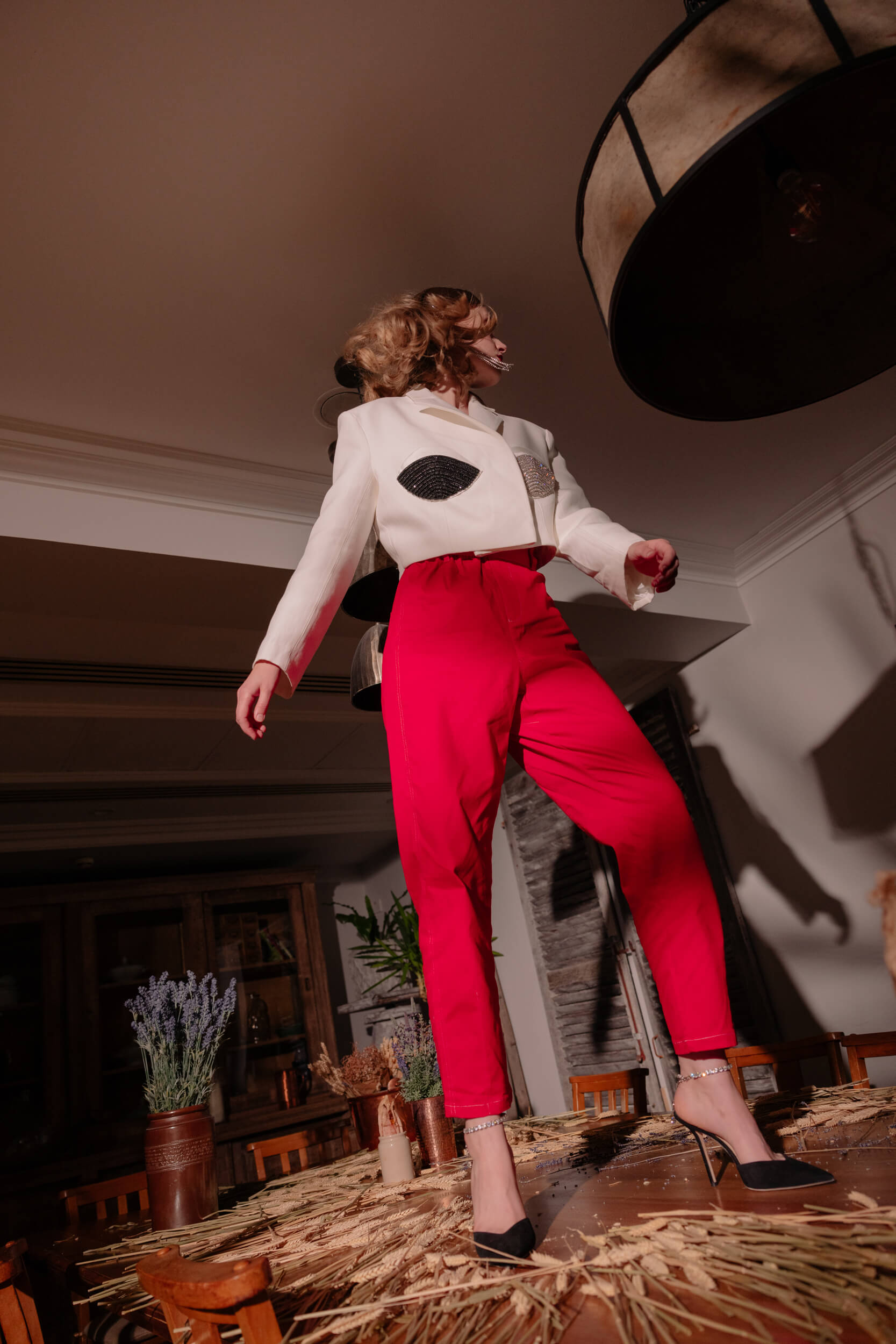
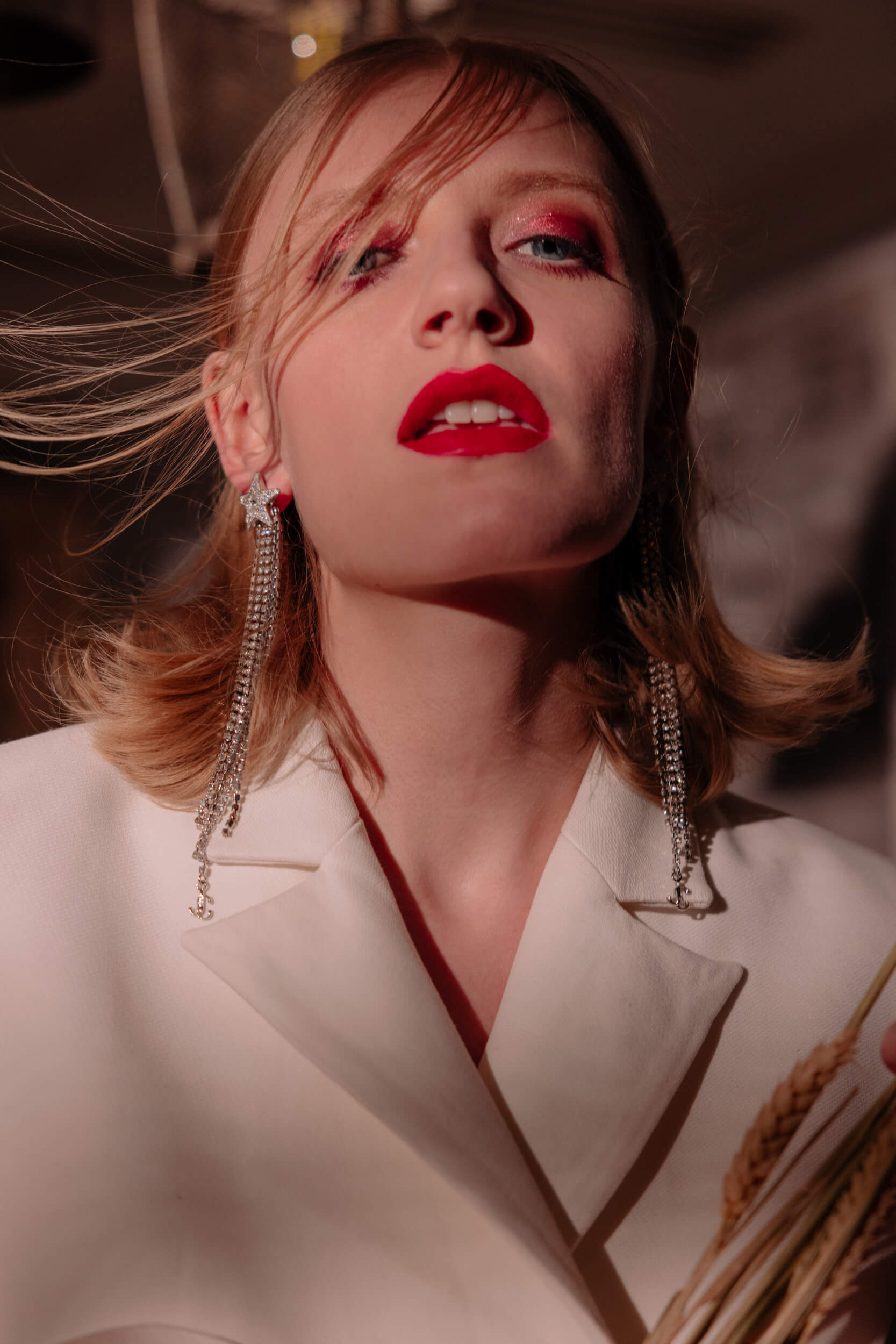
Your latest binge-watch?
I don’t really binge-watch things. I often come across something randomly maybe from a recommendation or from being interested in a director and will watch that when I have time. Usually films from any year.
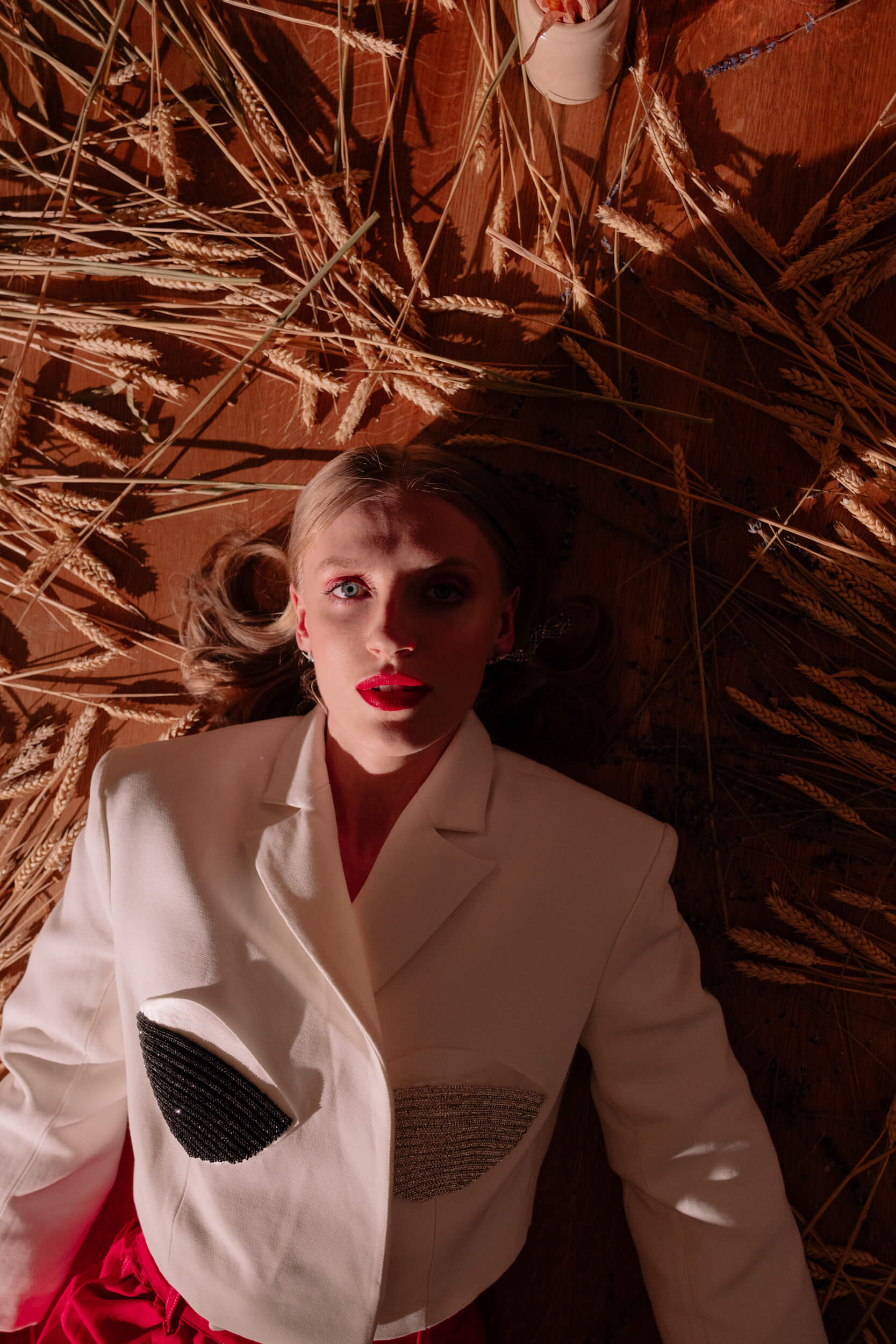
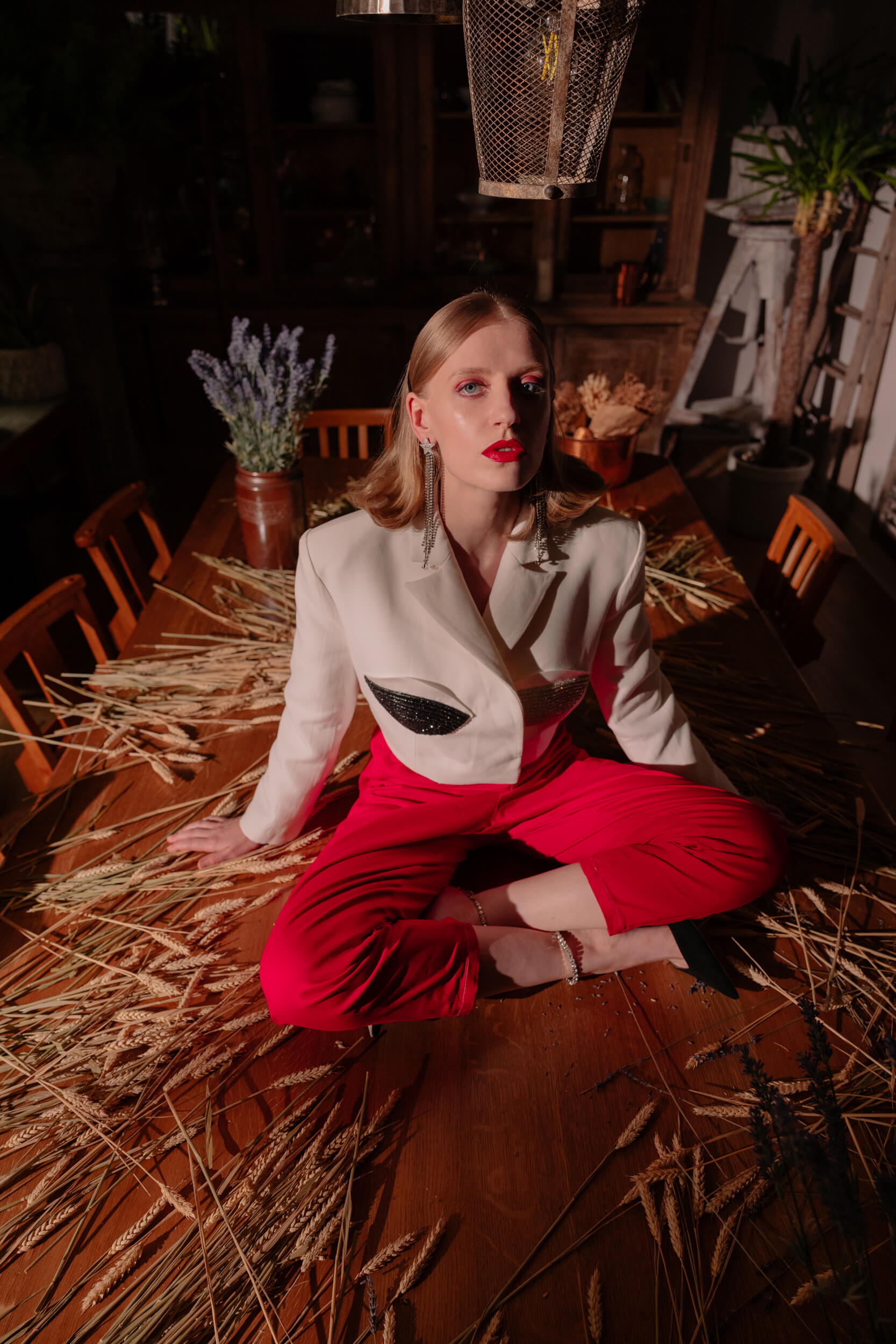
A(nother) real-life character you dream to play?
I don’t particularly have one but I love the romanticism and mystery of old Hollywood so maybe someone like Greta Garbo.
What’s your must-have on set?
Water and sunscreen/sunglasses if filming outside all day.
What’s the book on your nightstand right now?
“The God of Small Things” by Arundhati Roy and Collins “Complete French”.
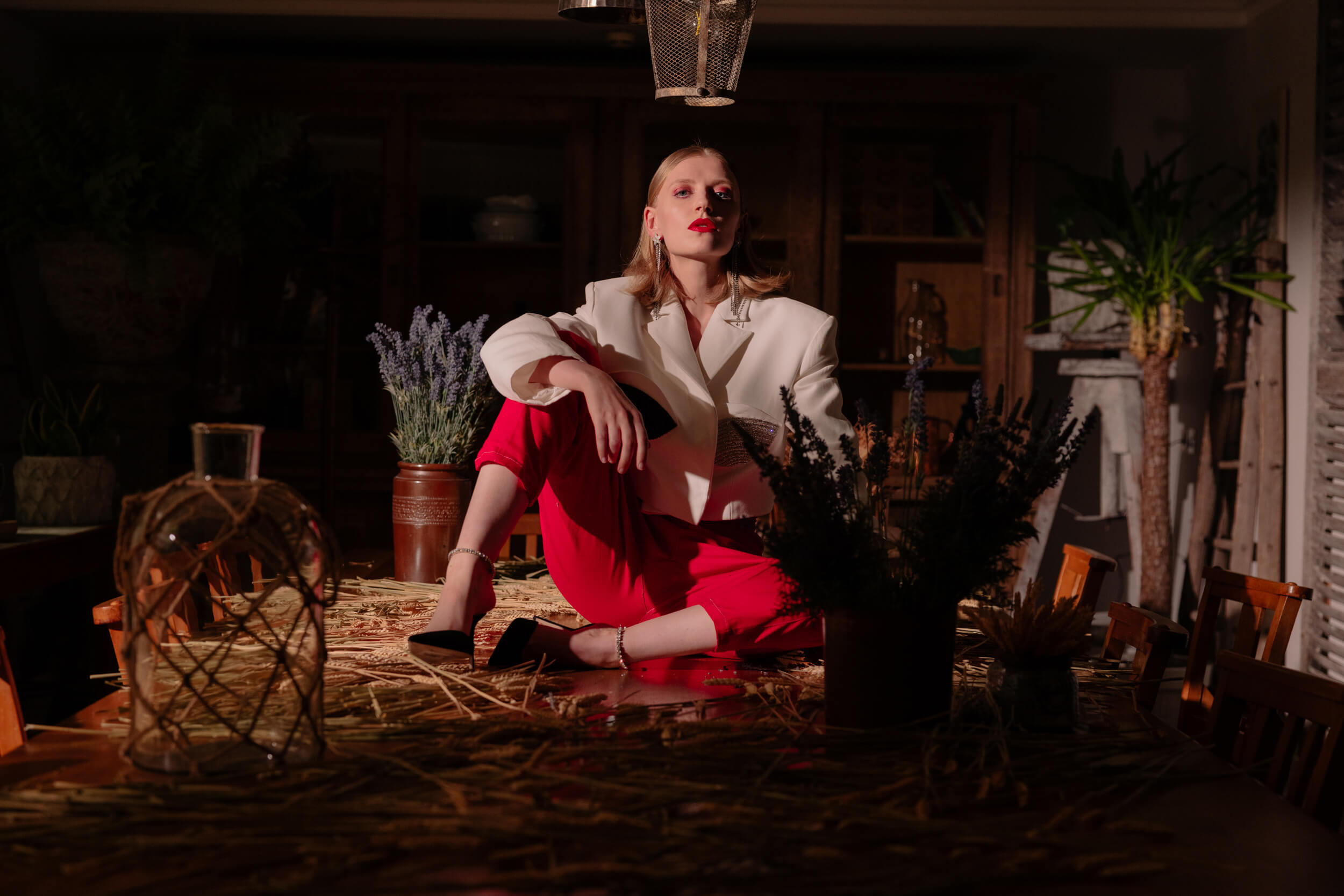
The song that’s currently on top of your playlist?
I listen to different things every day really. The great thing about Spotify playlists is being able to discover new music you may not have come across. I like listening to World music (Polish jazz, Zimbabwe old school classics), classical music…
What’s your biggest fear?
Climate change destroying our delicate ecosystem even more than it already has been.
The latest thing/person to make you smile?
My cast member Laura’s dog Flo.
What stories do you dream to tell?
Stories about the human experience and our emotional complexities. I love European cinema, directors like Luca Guadagnino and Céline Sciamma.
I’d love to act in another language.
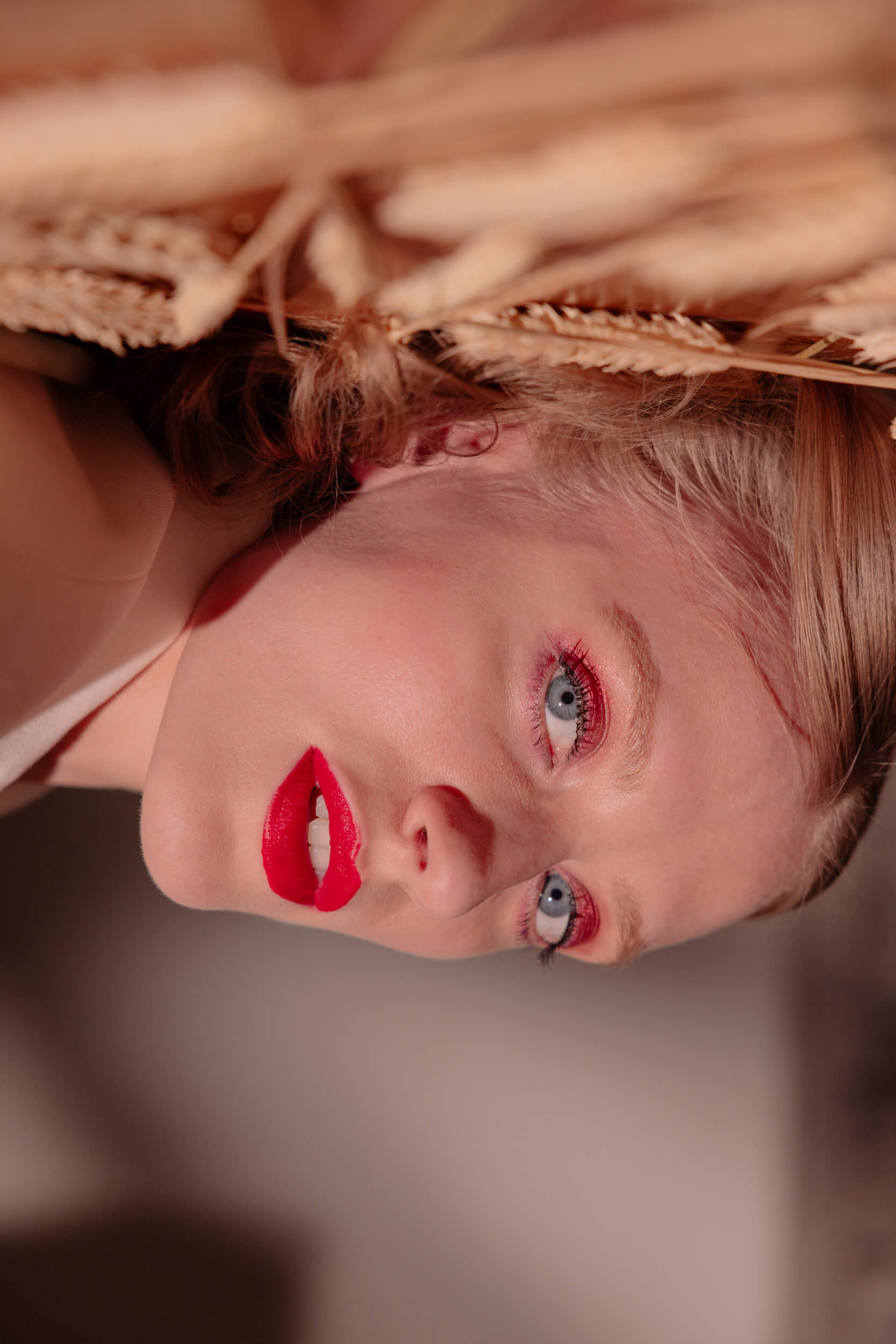
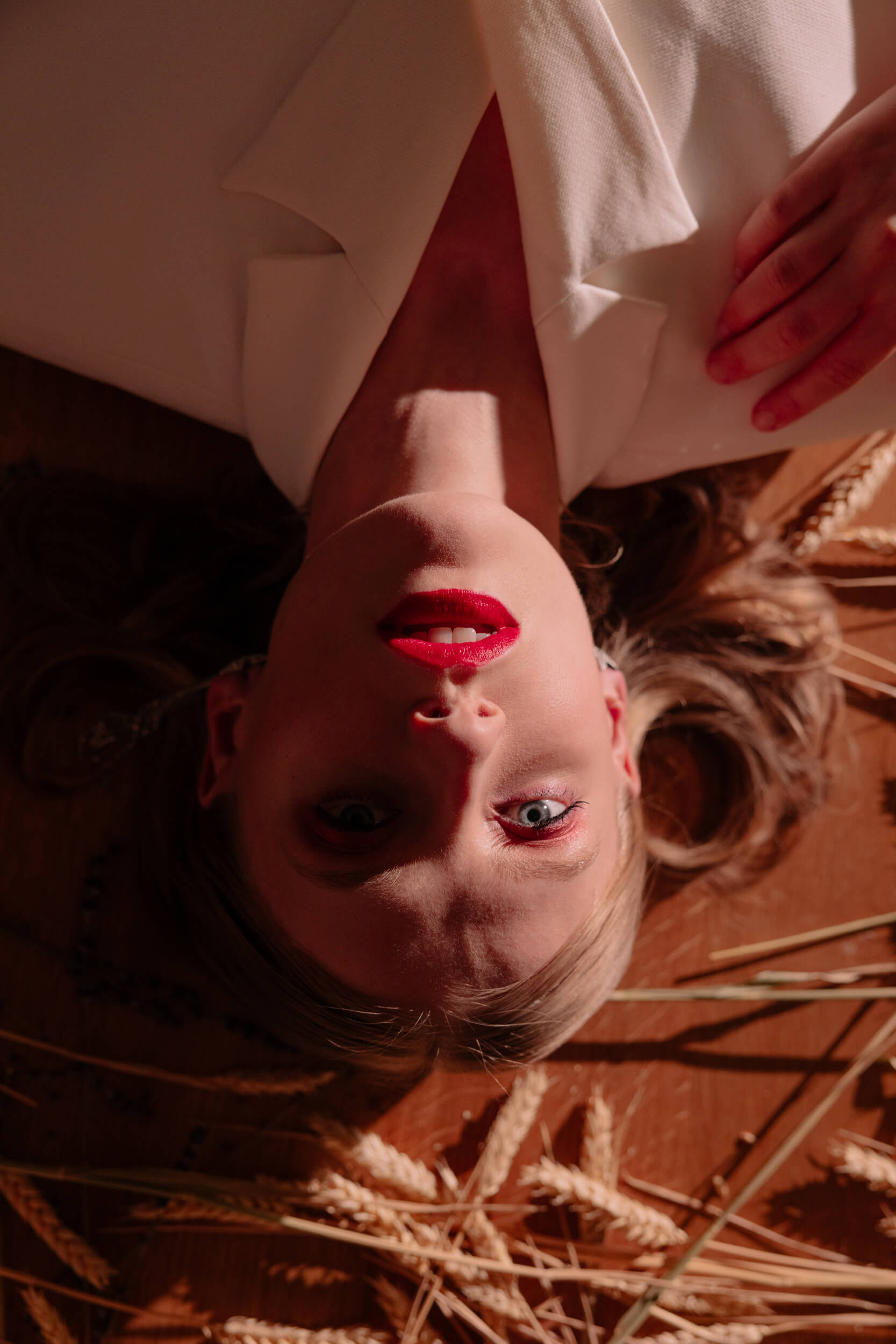
What does it mean to you to feel comfortable in your own skin?
Not to worry about people’s perceptions or judgments about how you look or what you do. It isn’t easy, but when you feel that freedom, it’s true comfort. To be healthy – eating well, organic where possible, exercising a little, and drinking lots of water.
What’s your happy place?
It depends on how you’re feeling. Being with loved ones. When I’m fulfilled creatively at work, or watching a brilliant film or piece of theatre. Another is being out in nature away from cars and fumes, ideally with a dog. Everything is better with a dog.
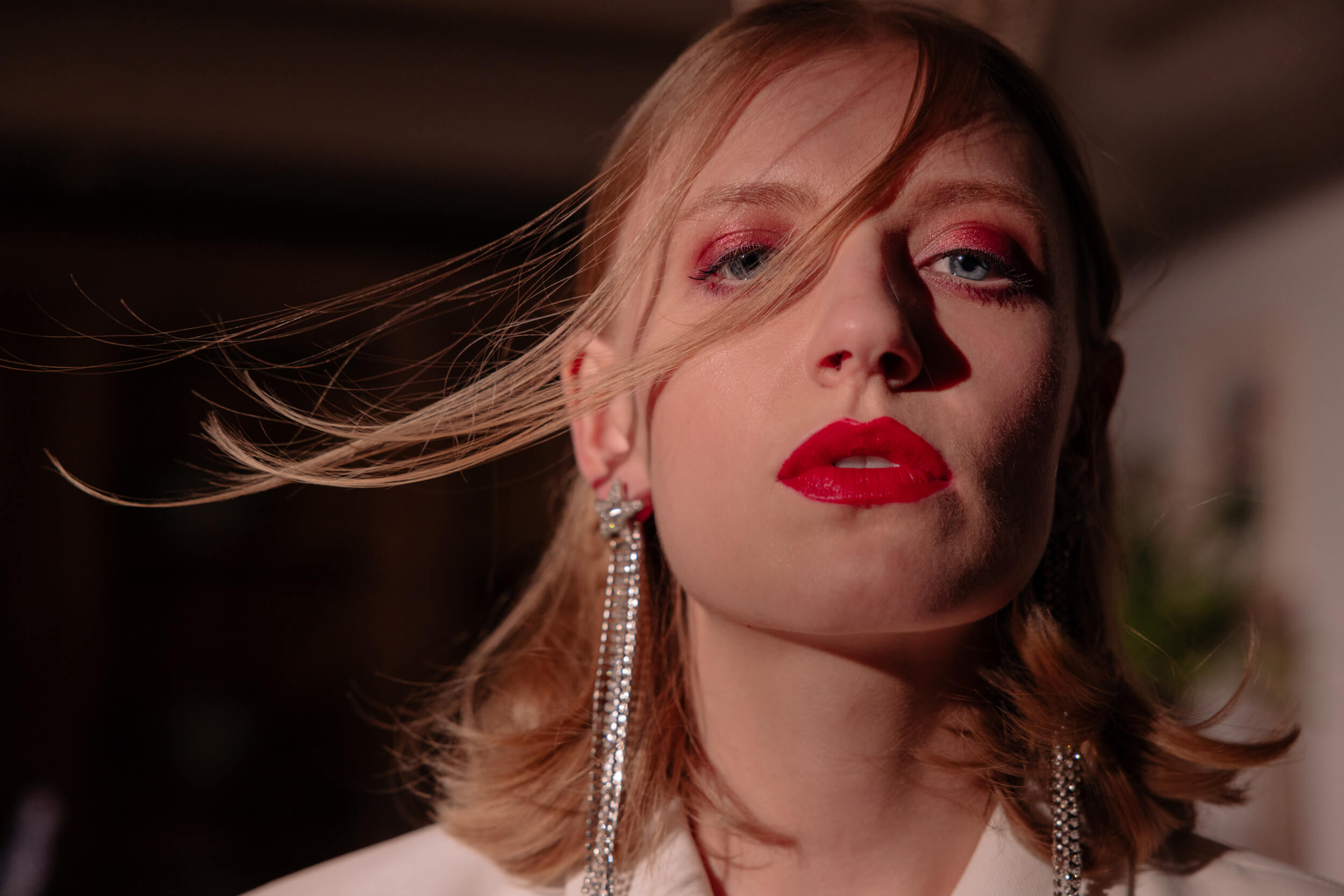
Photos by Johnny Carrano.
Makeup by Kim Kiefer.
Hair by Louis Byrne.
Styling by Alexandria Reid at Frank Agency.
Thanks to The Langham, London.
LOOK 1
Dress: Celia B
Boots: Terry de Havilland
LOOK 2
Gold earring: Deborah Blyth
Dress: Christopher Esber – Koibird
LOOK 3
Red trousers: Sister Jane
Heels: Jimmy Choo
Earrings: Jimmy Choo
Cropped blazer: NUE – Koibird

